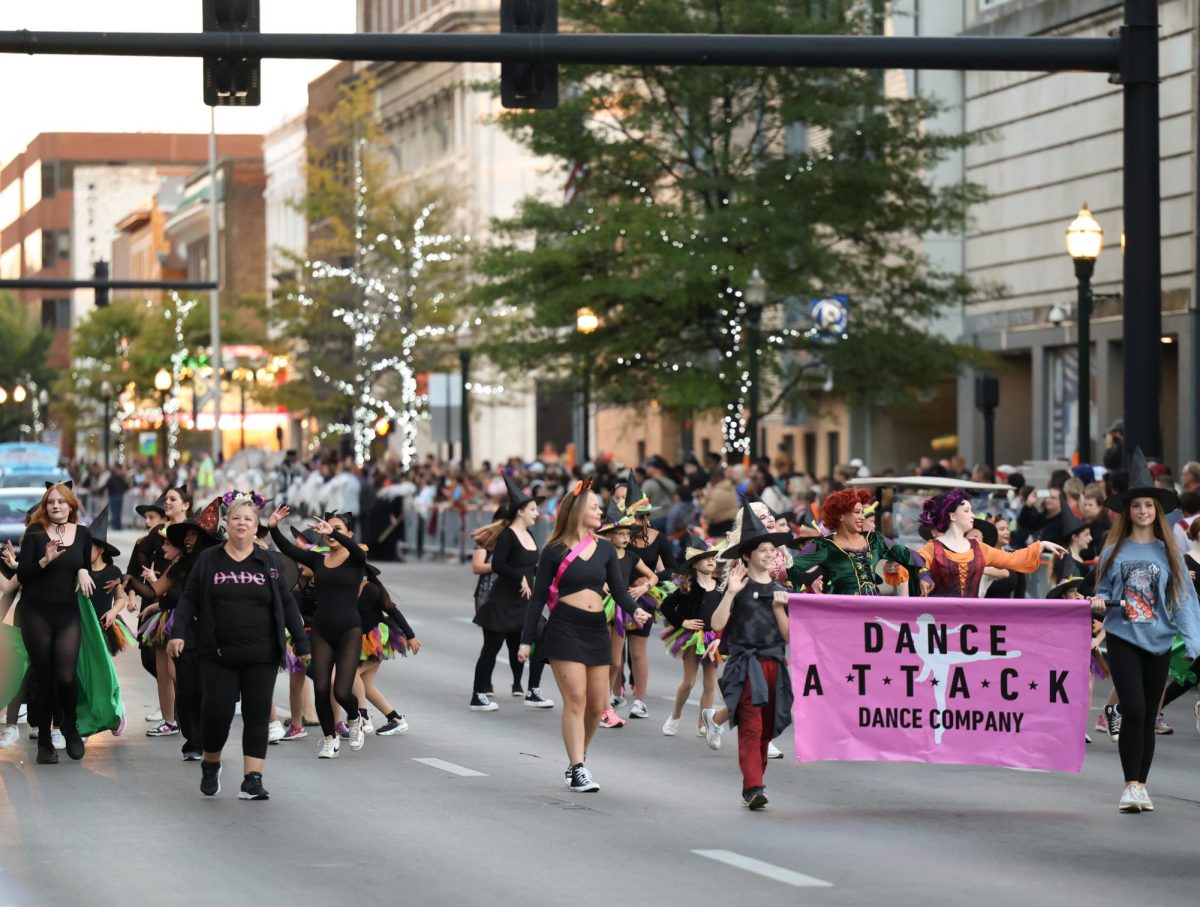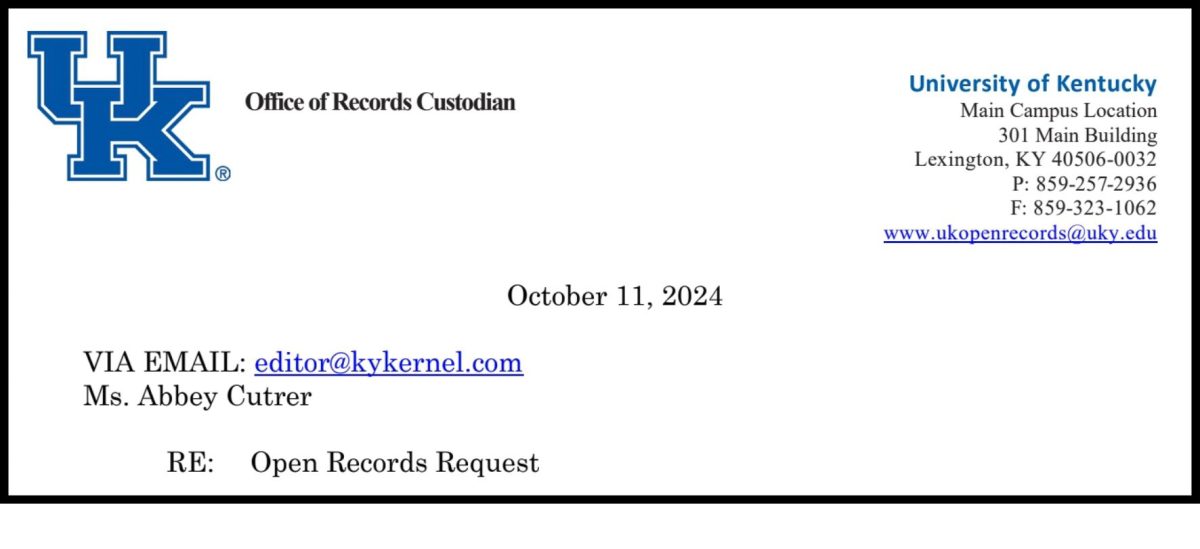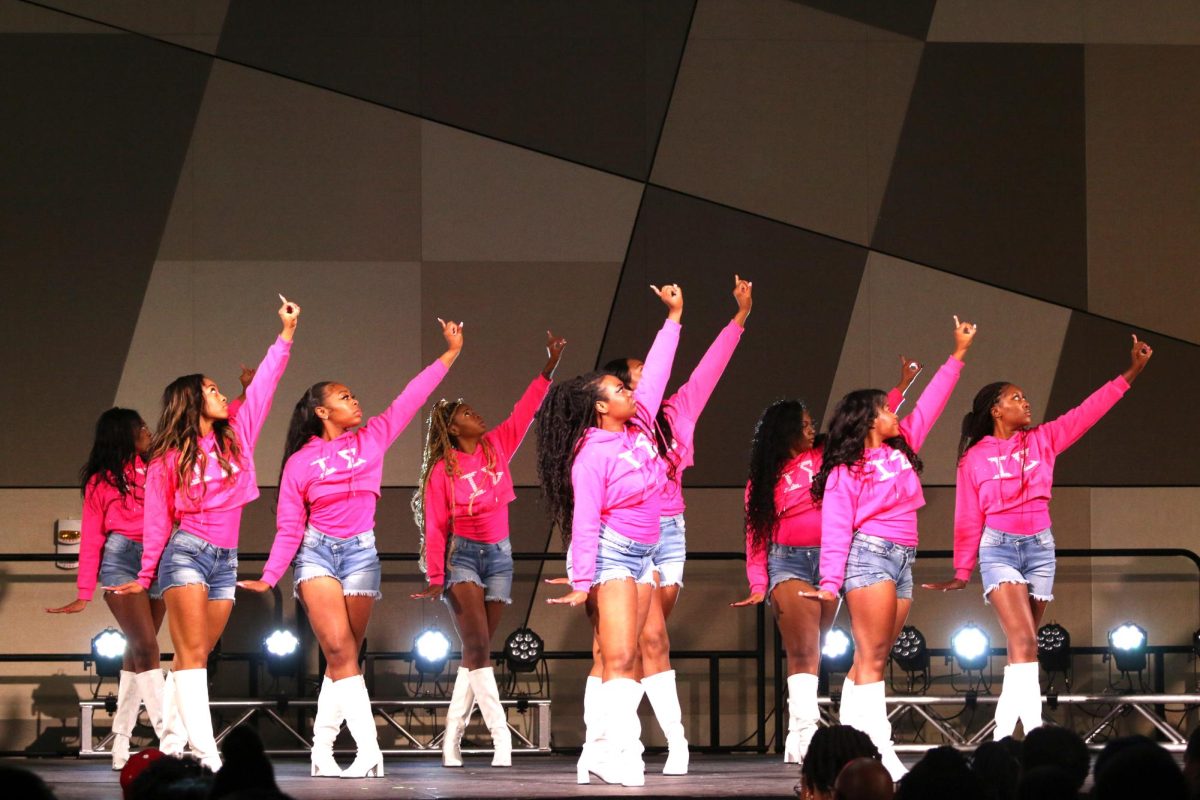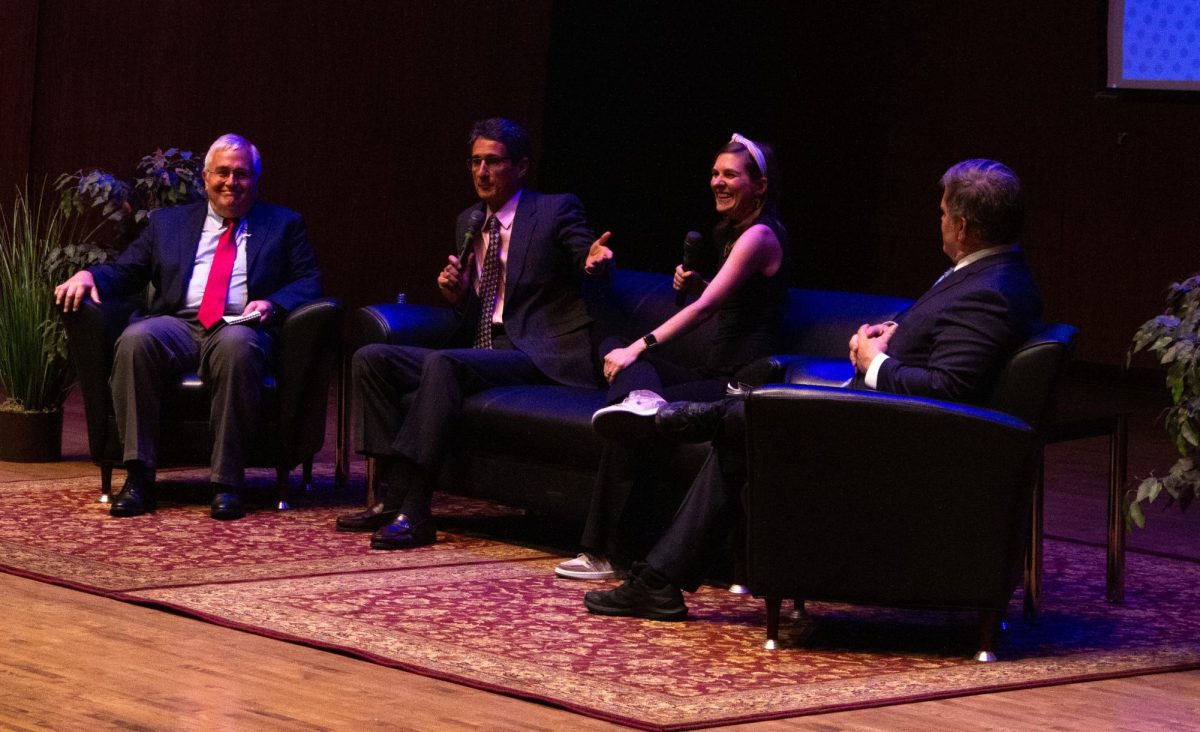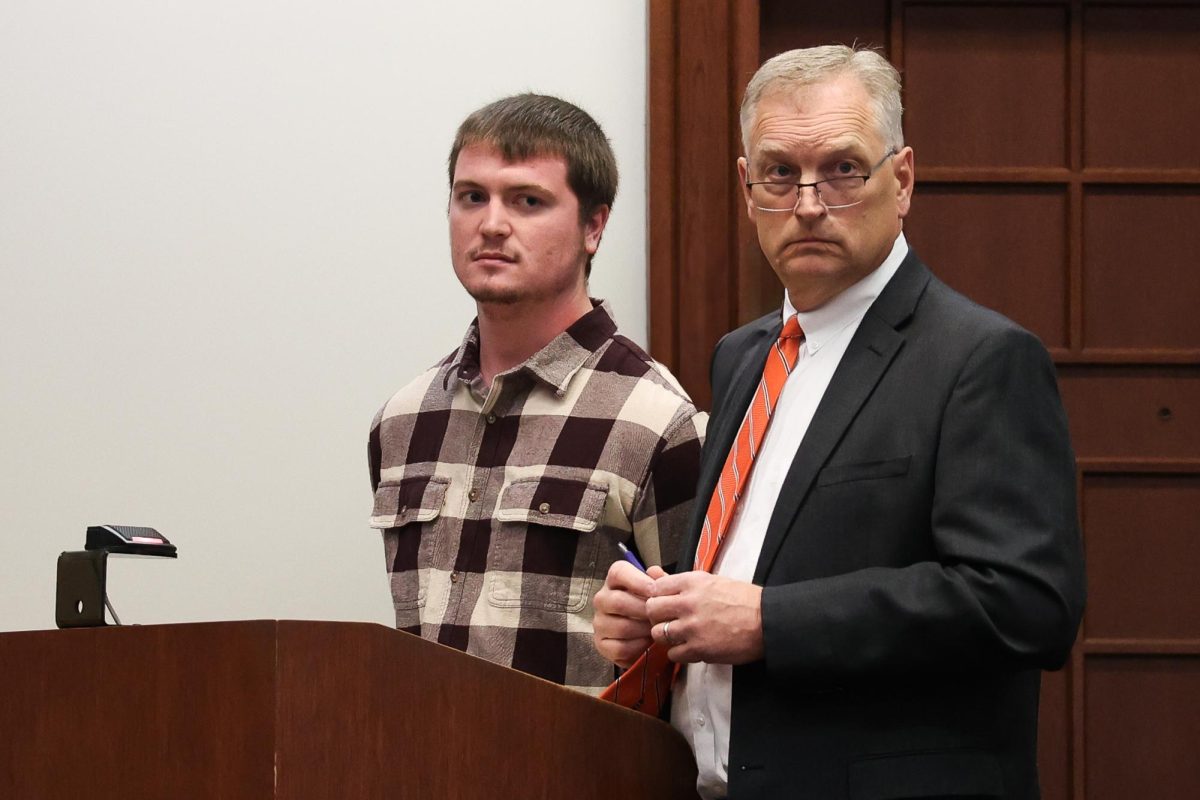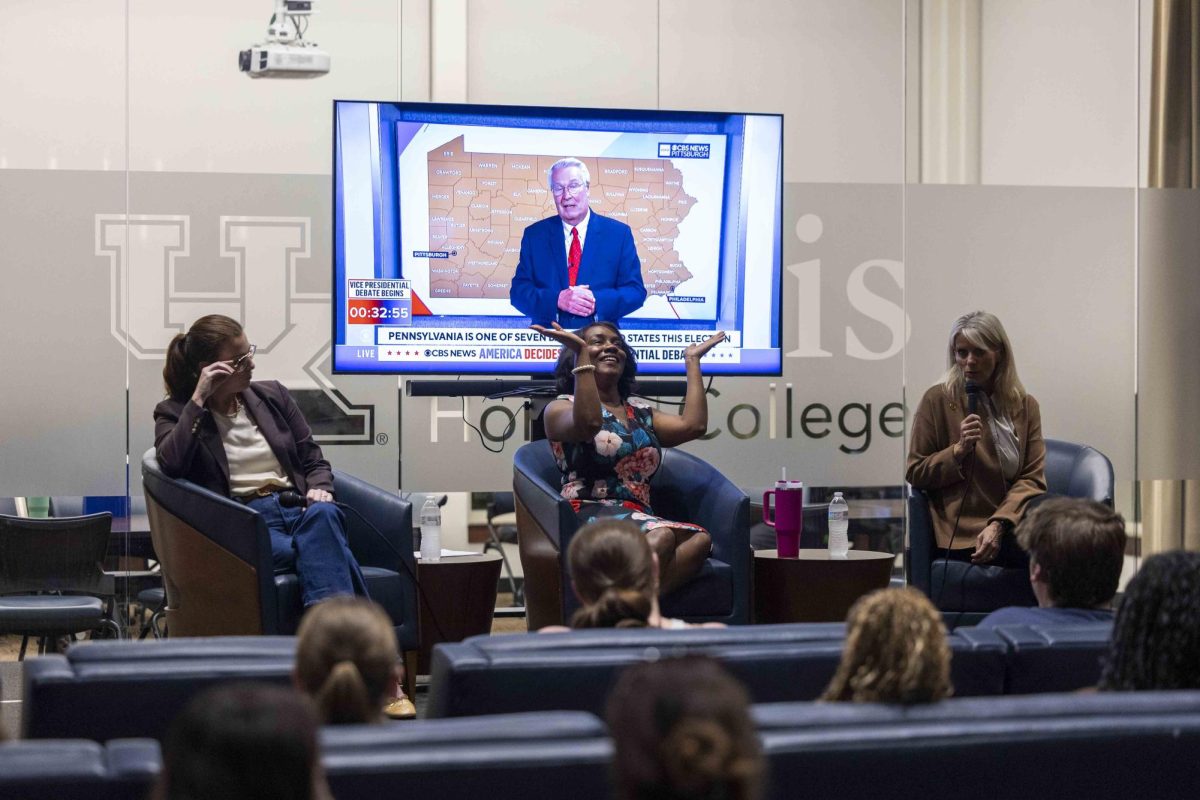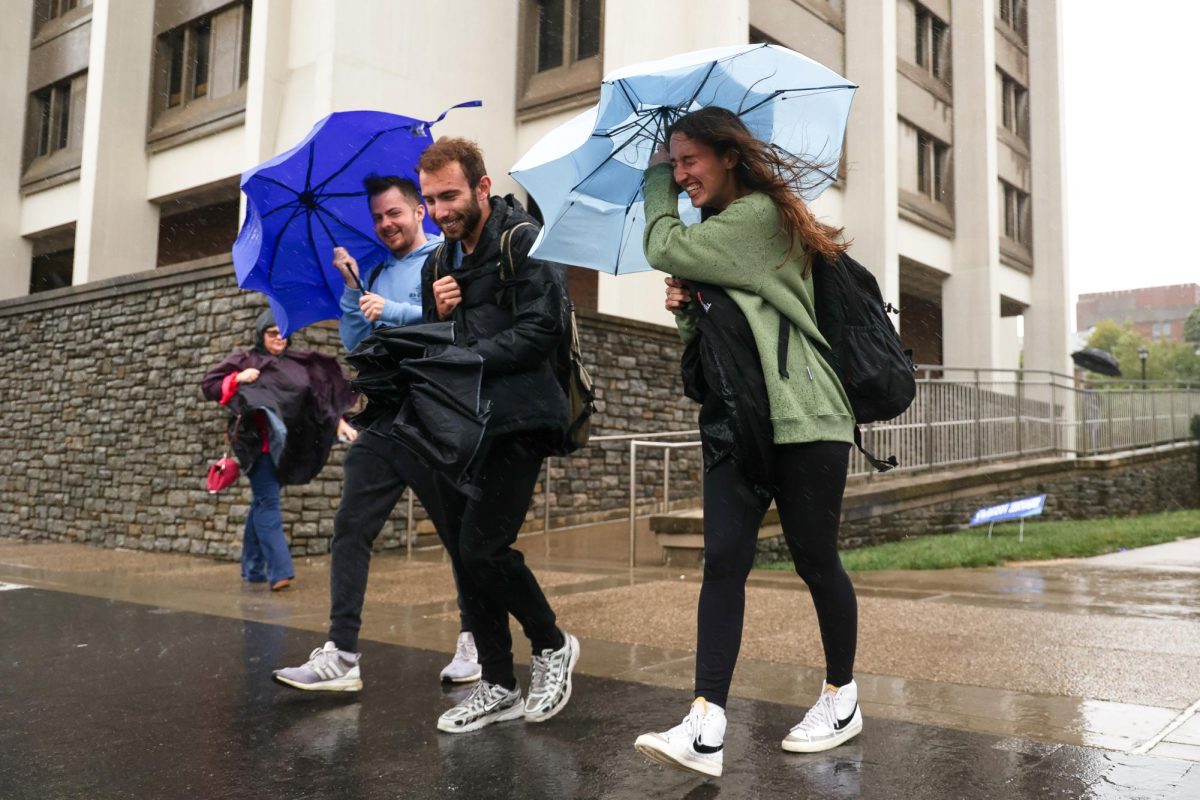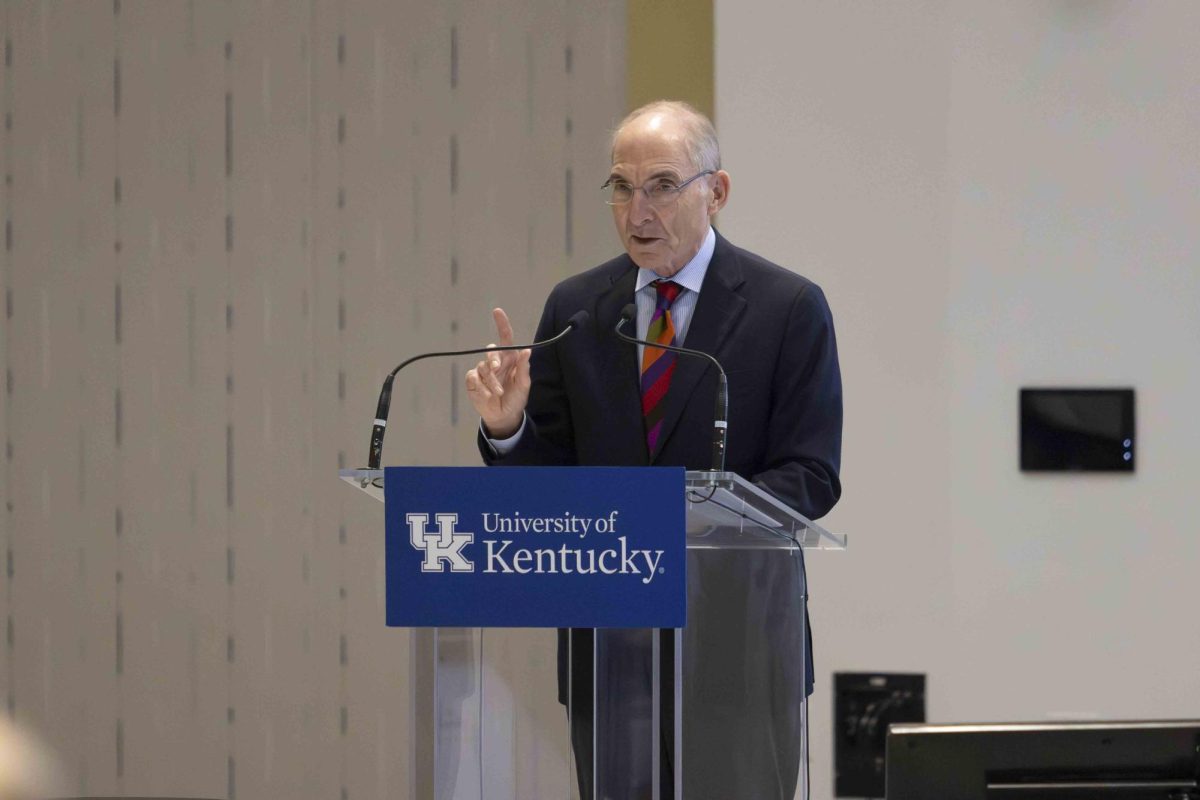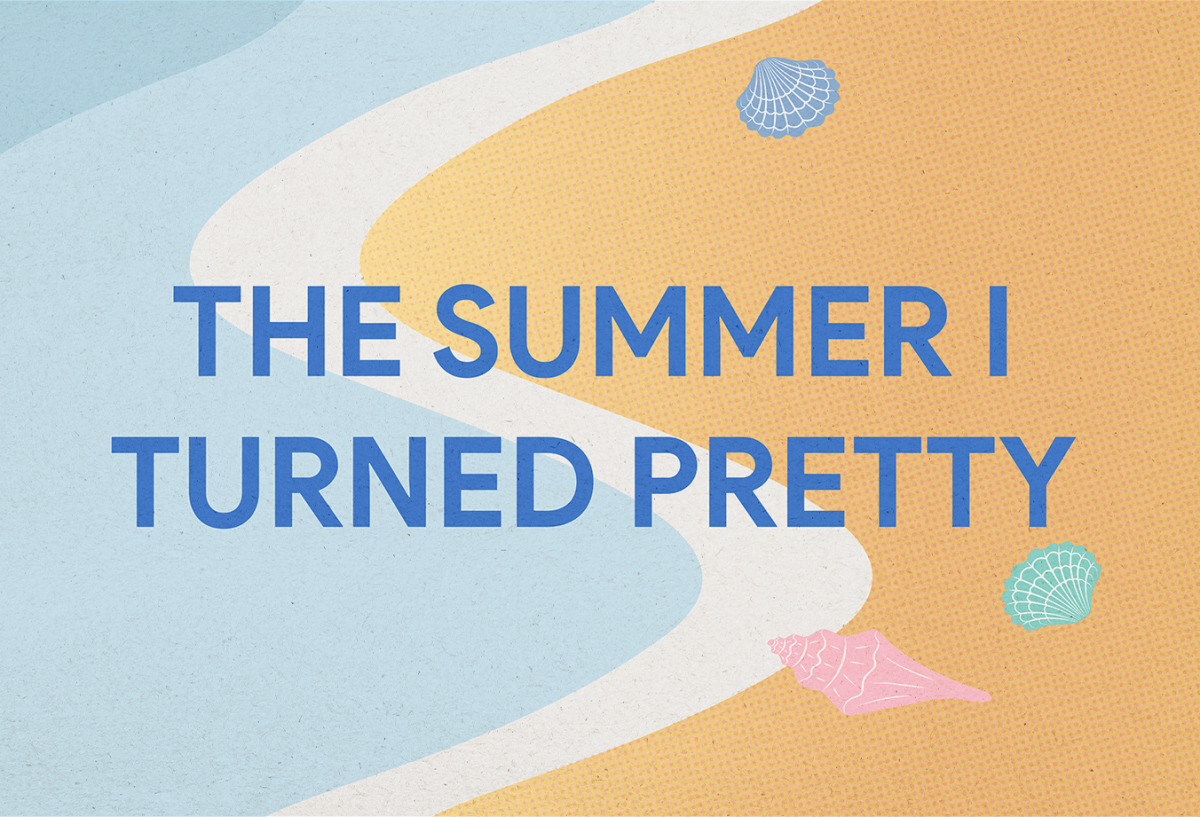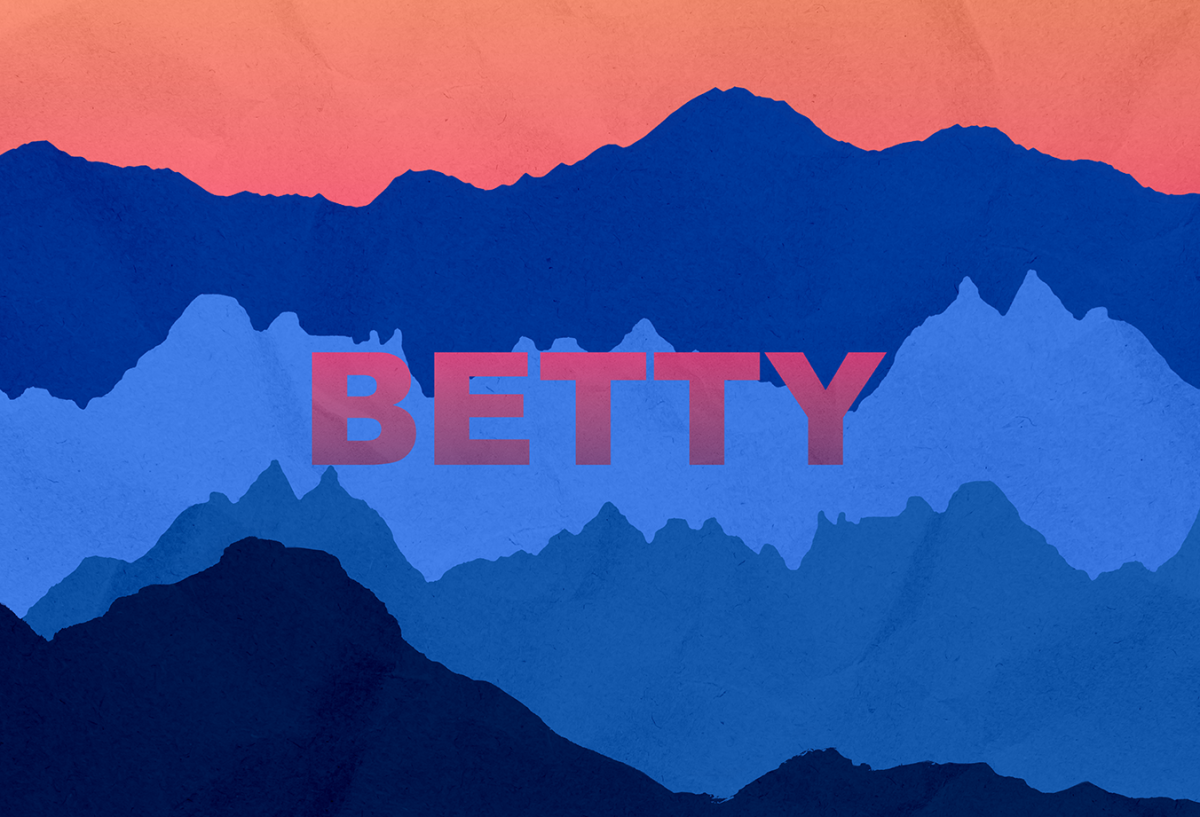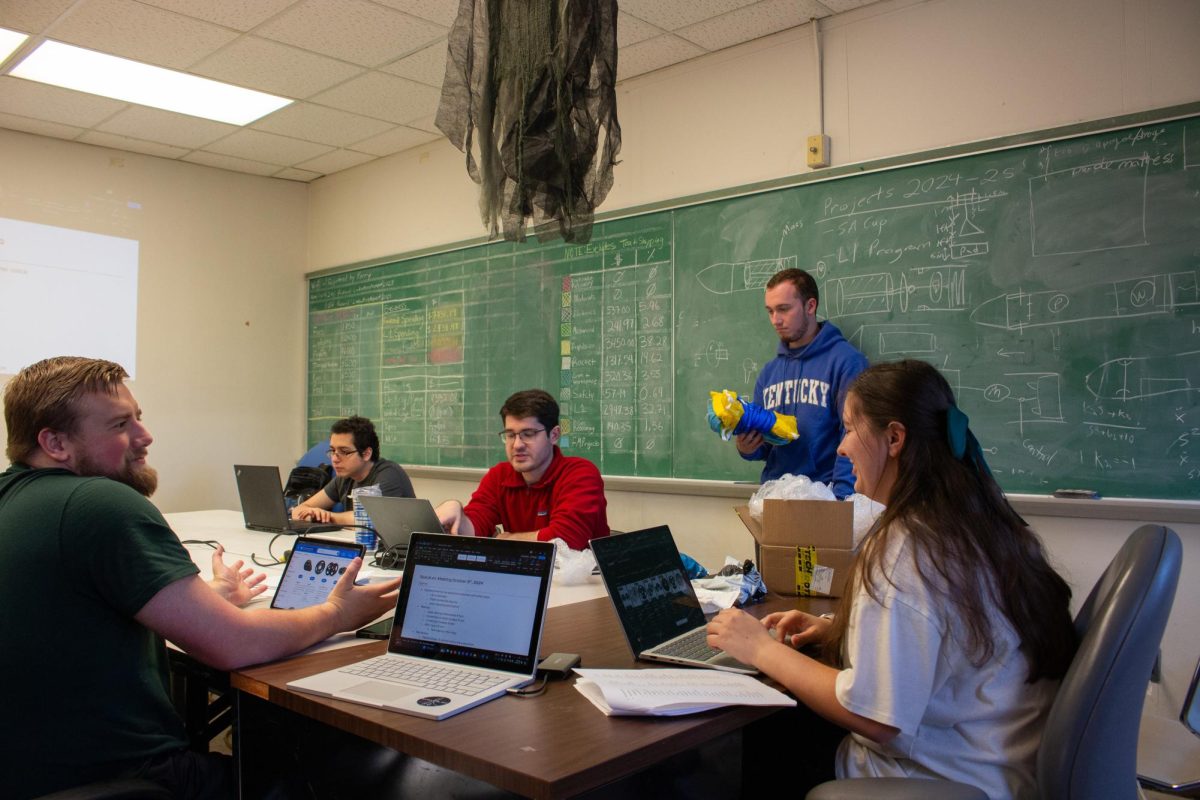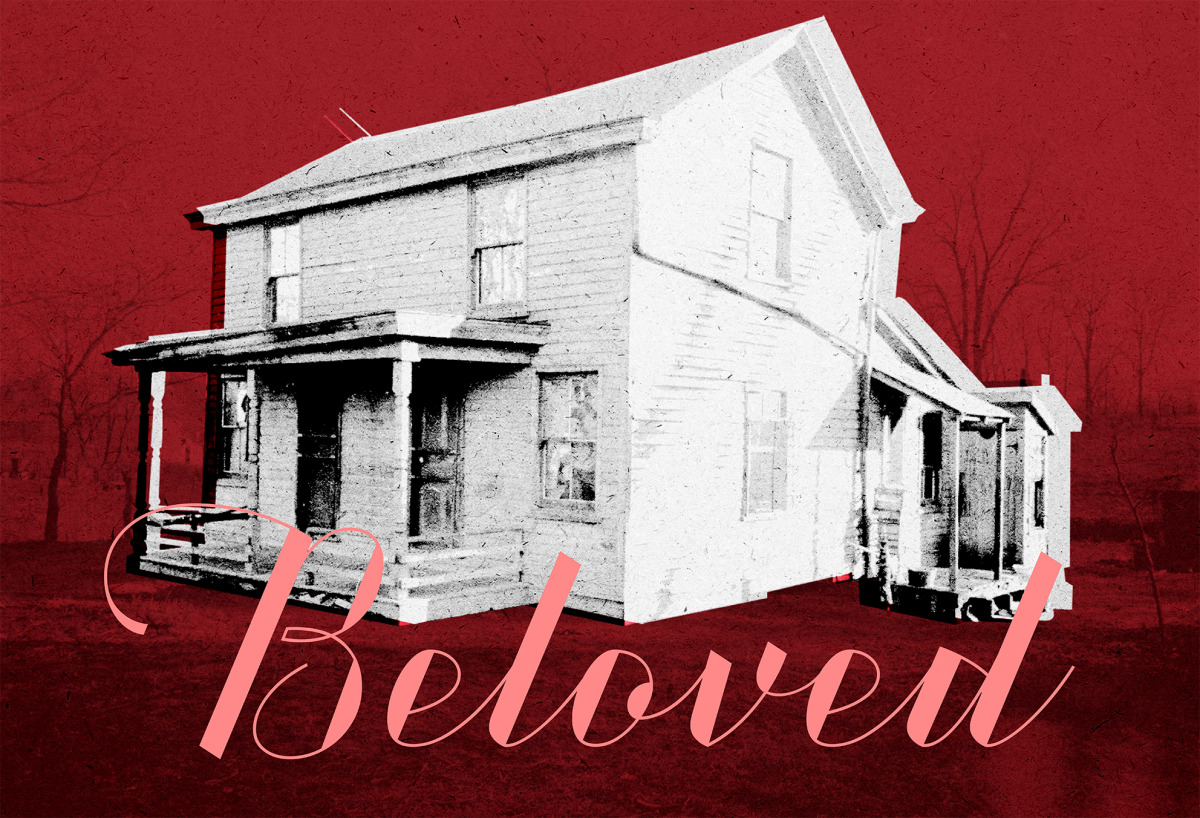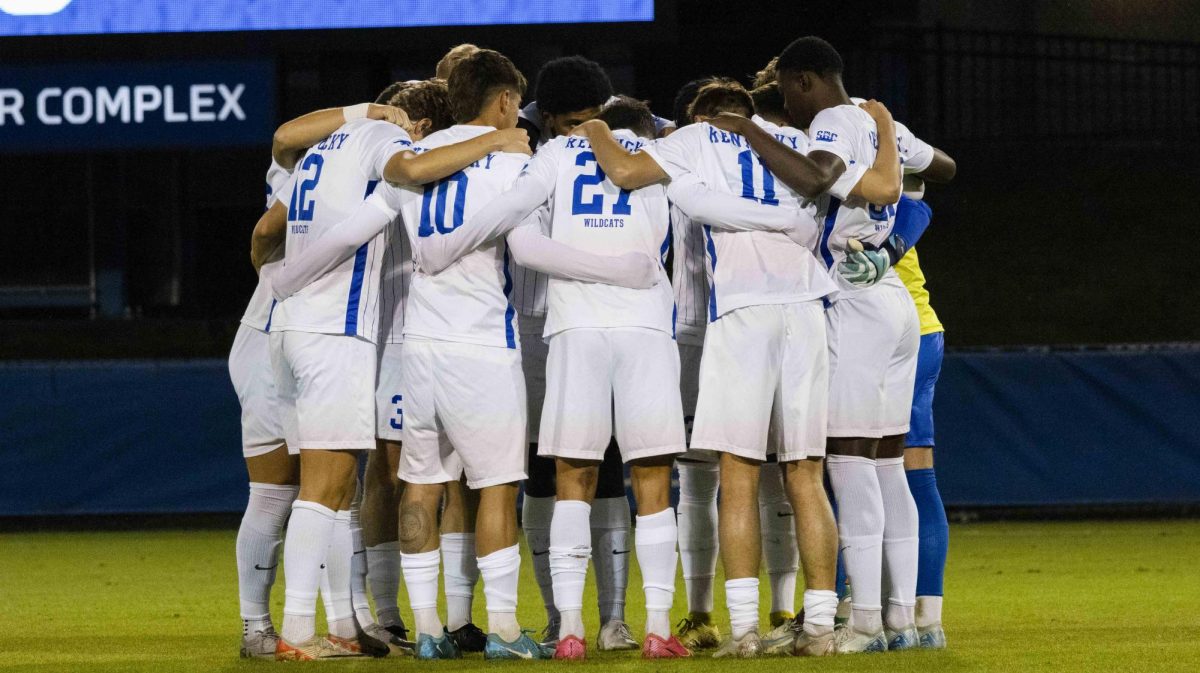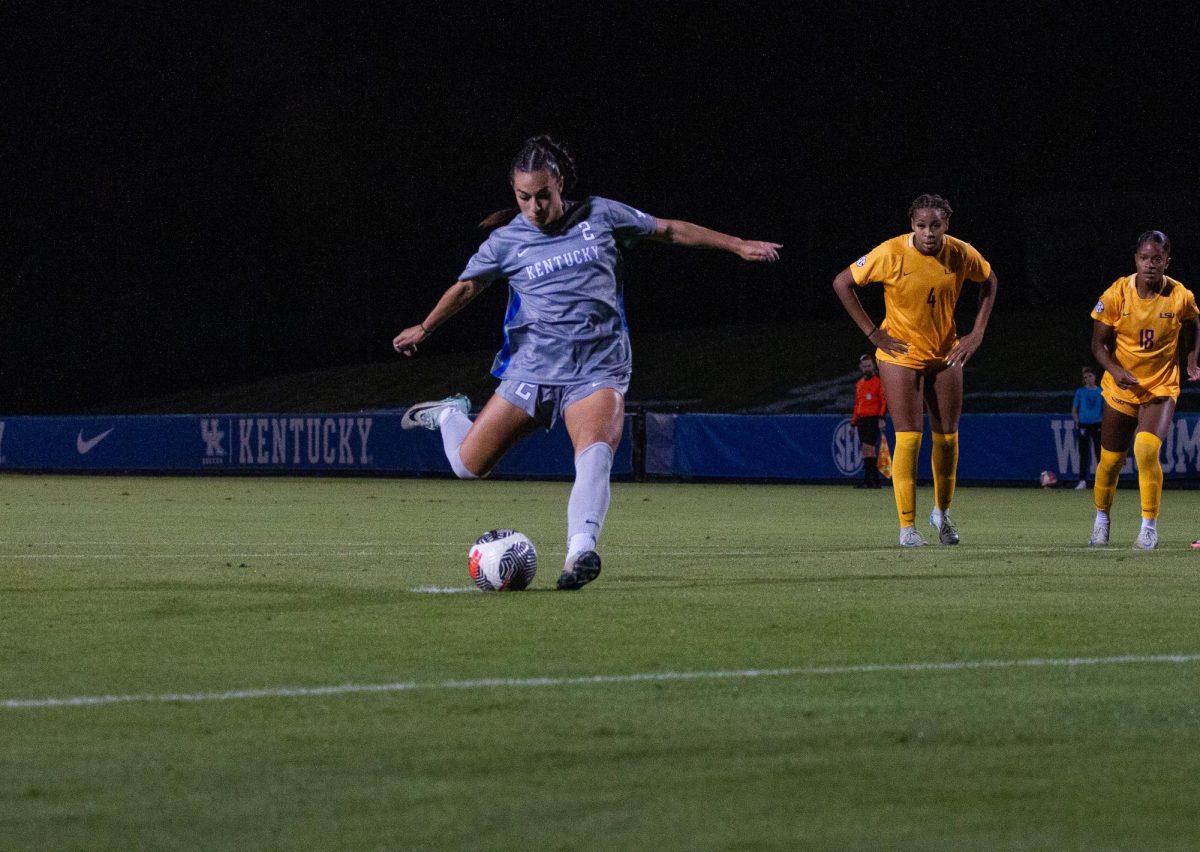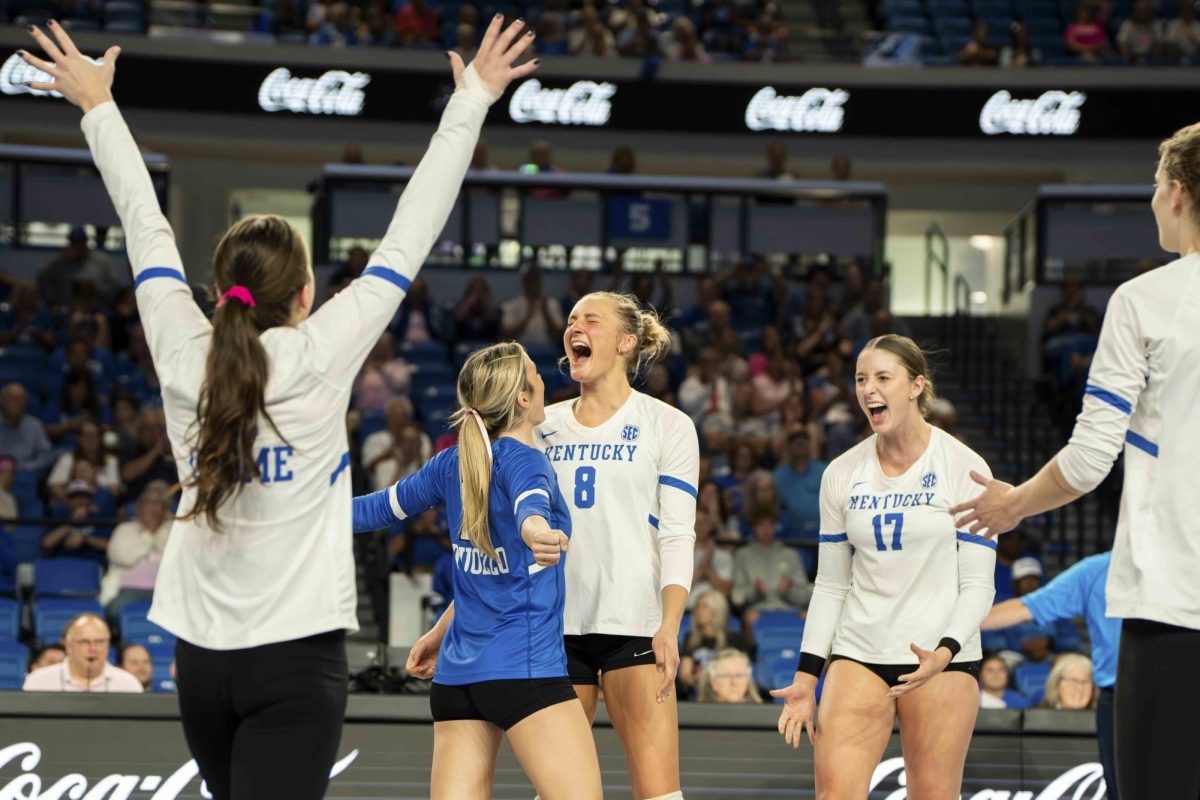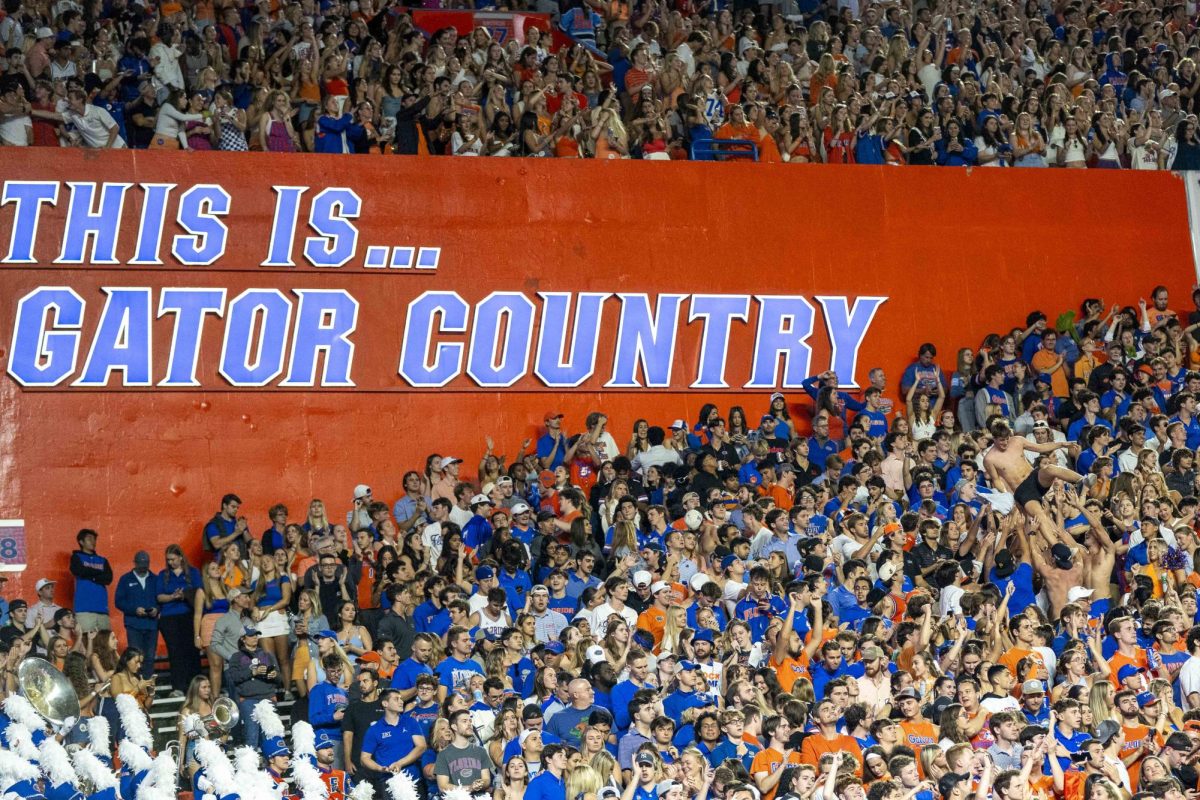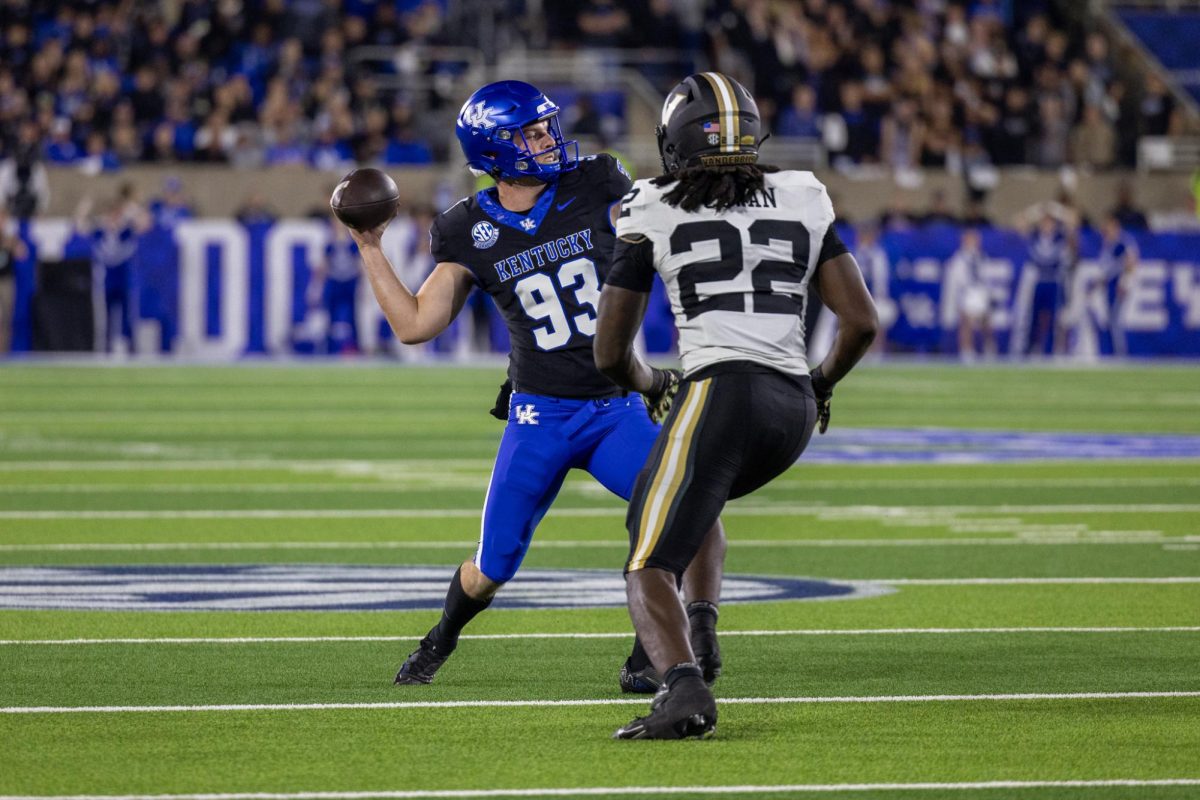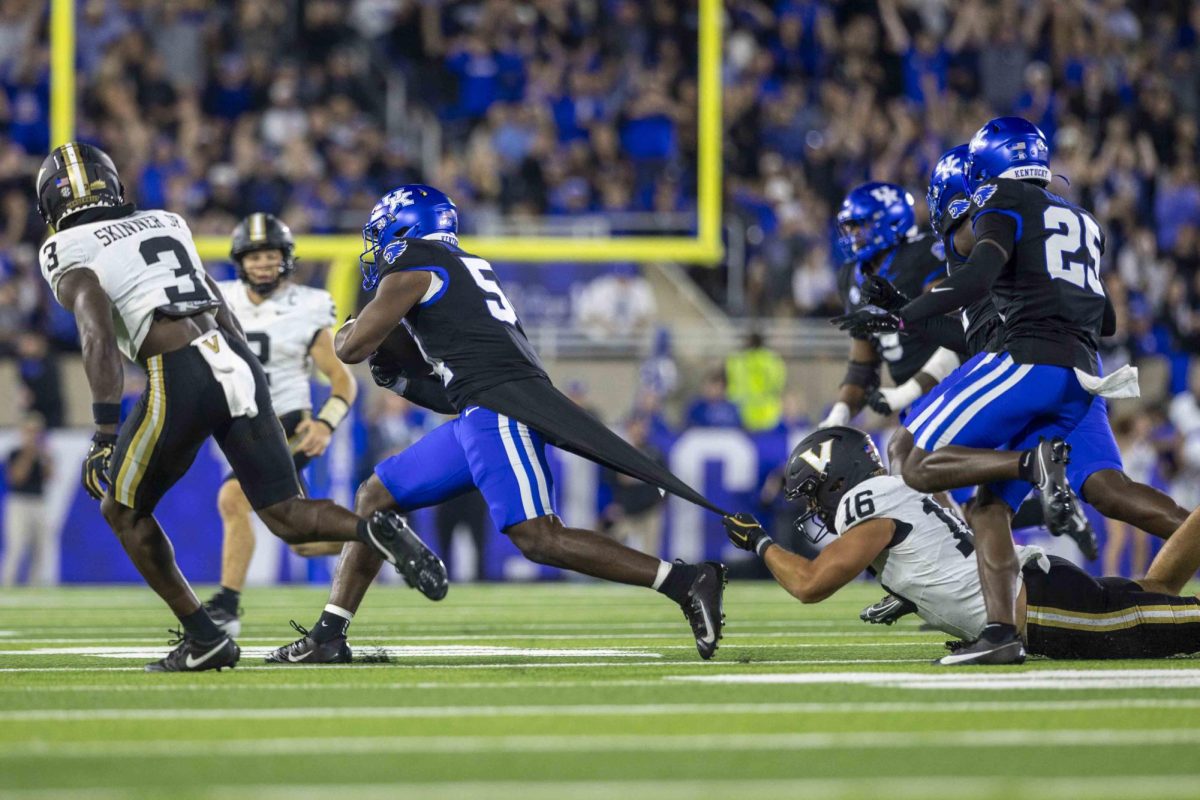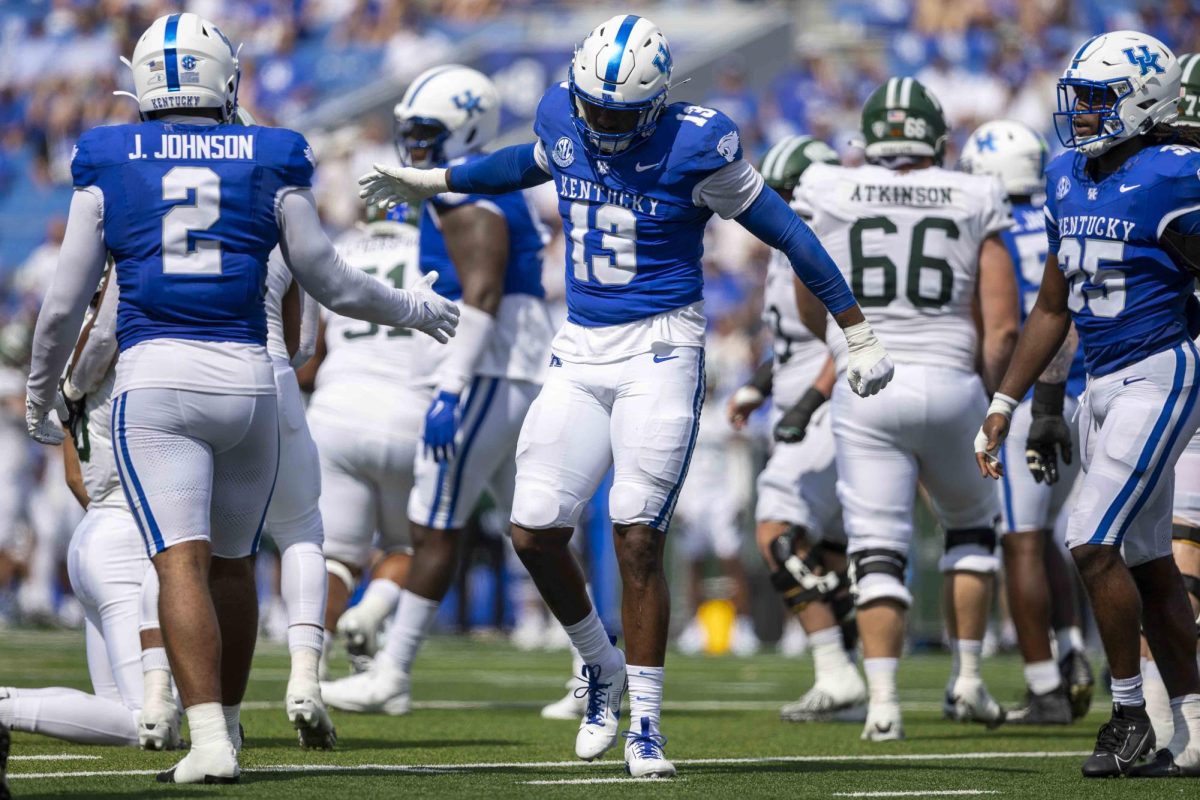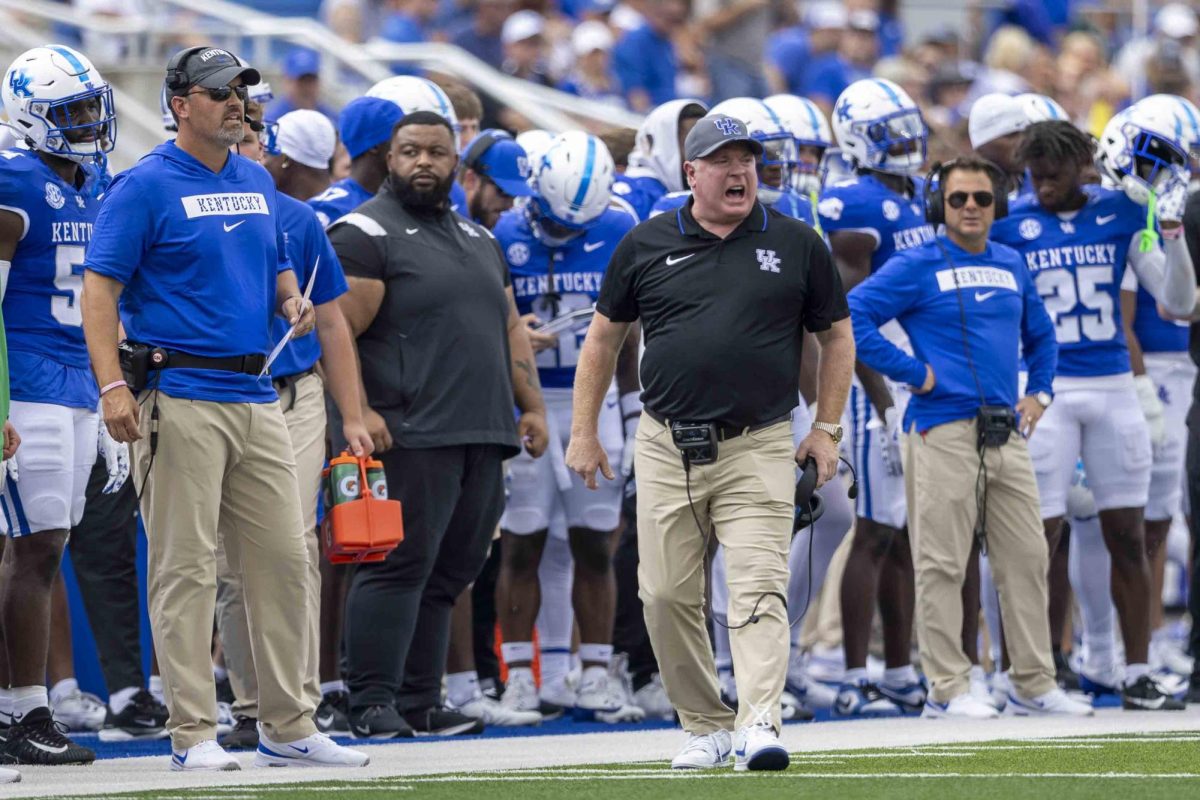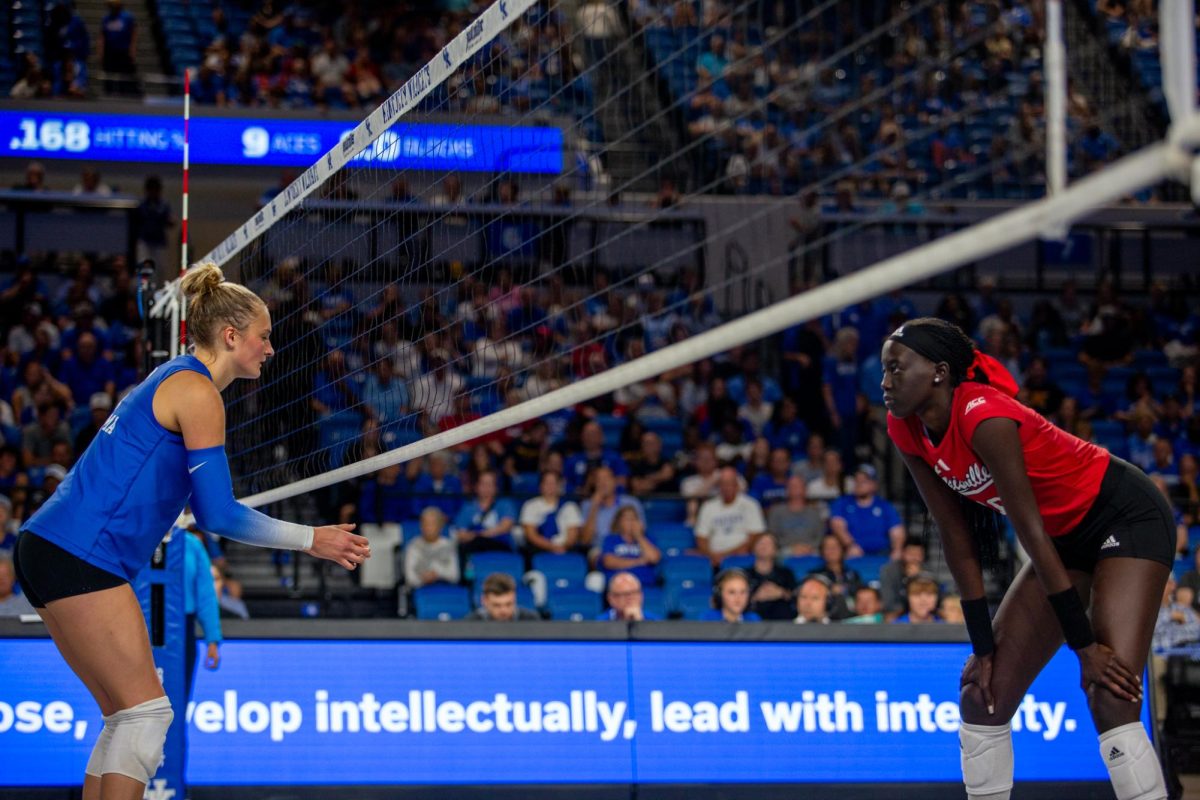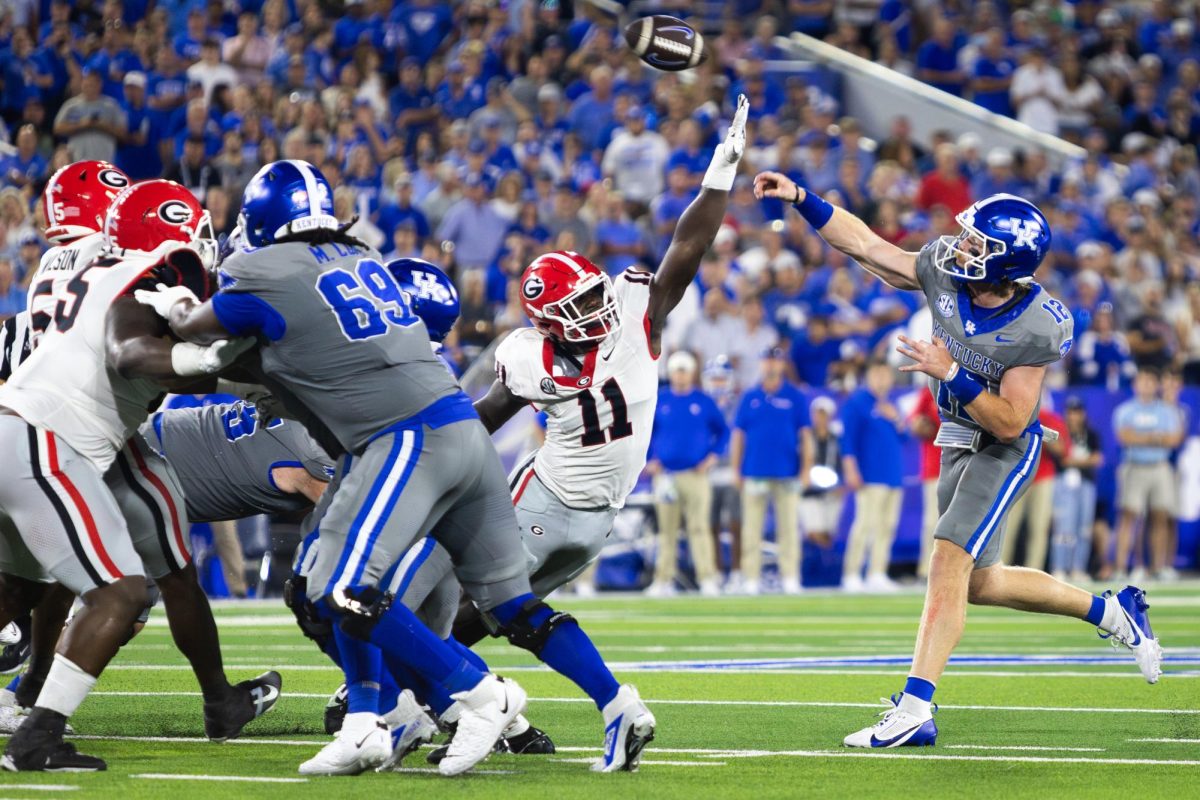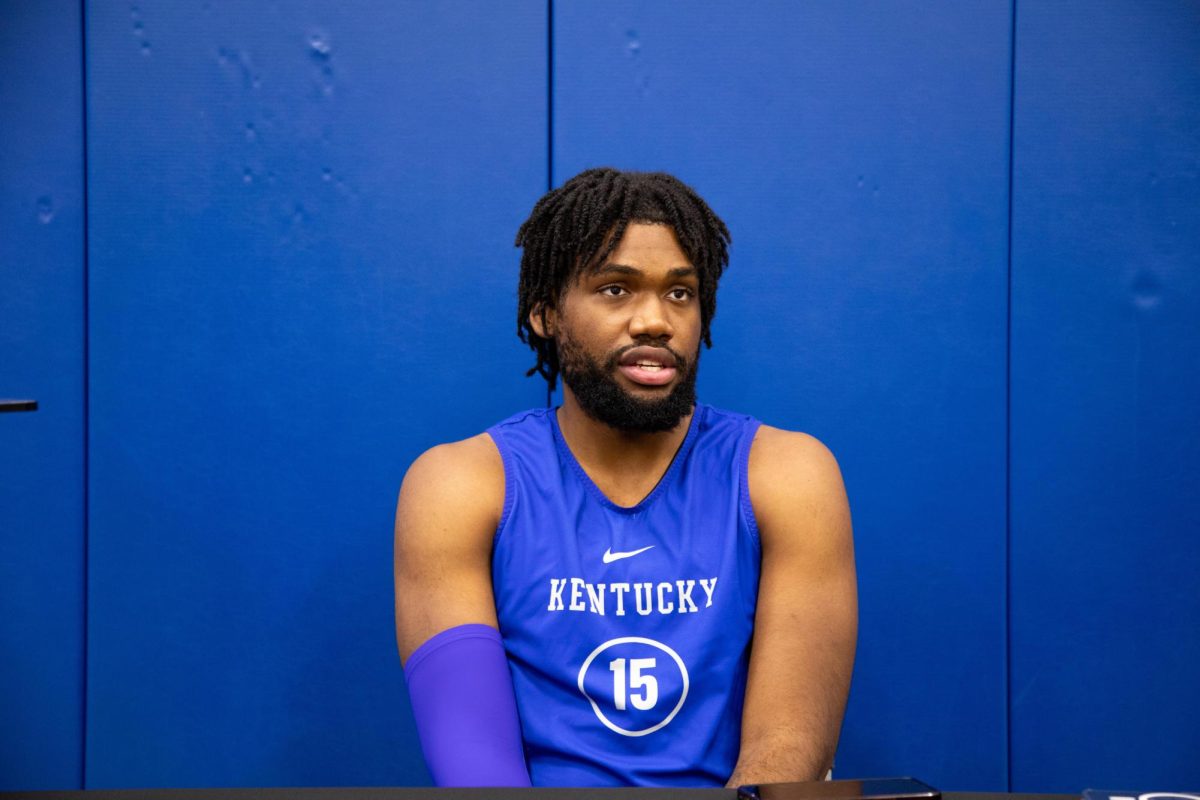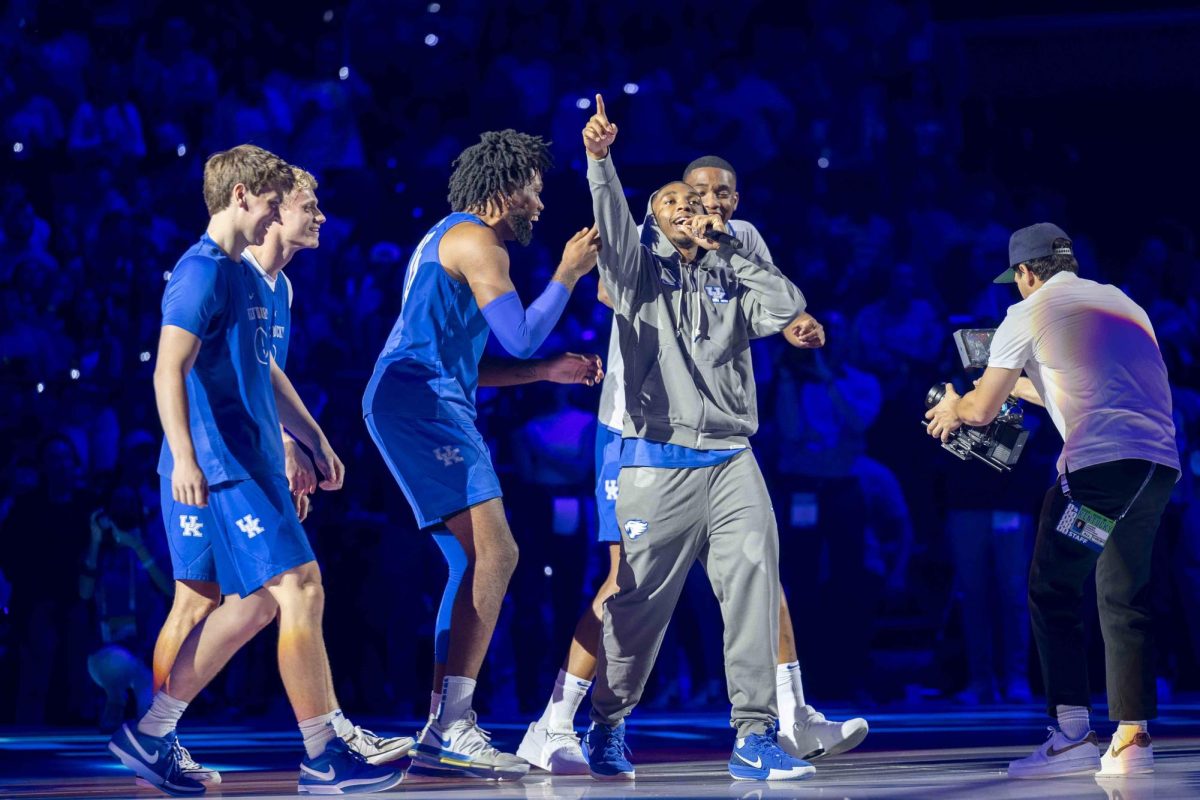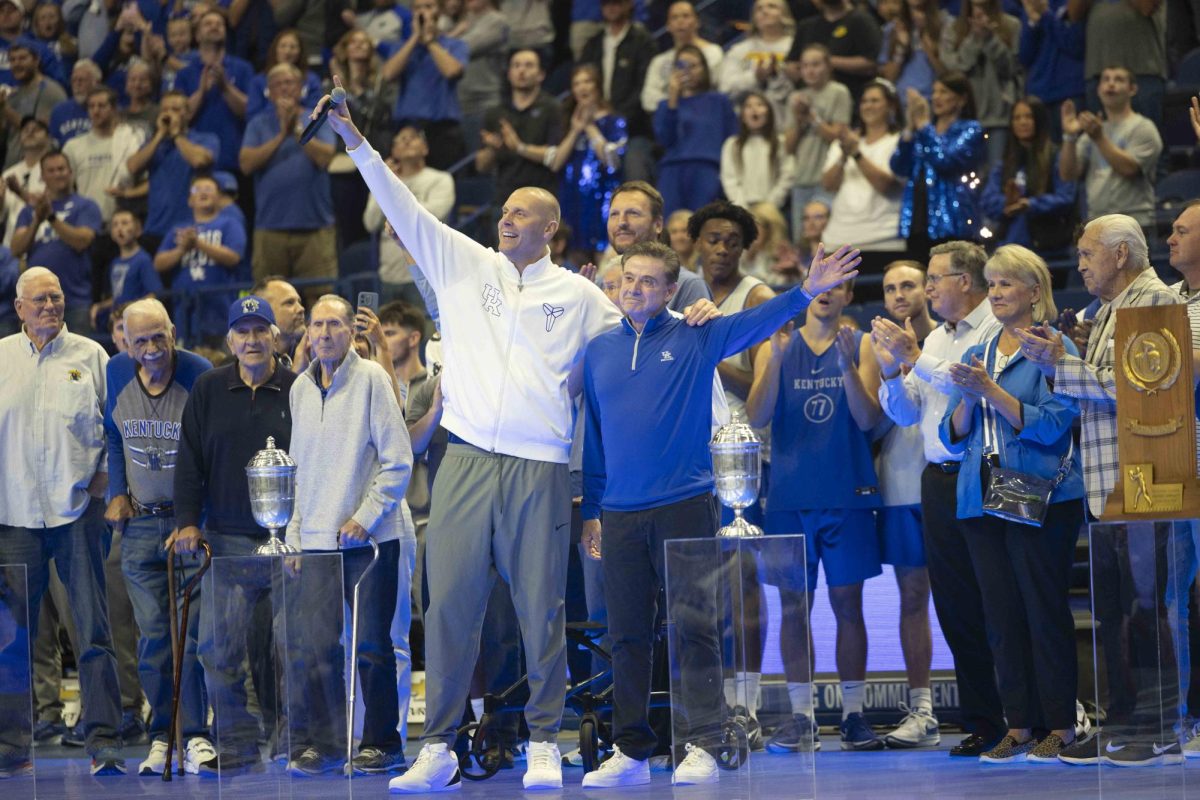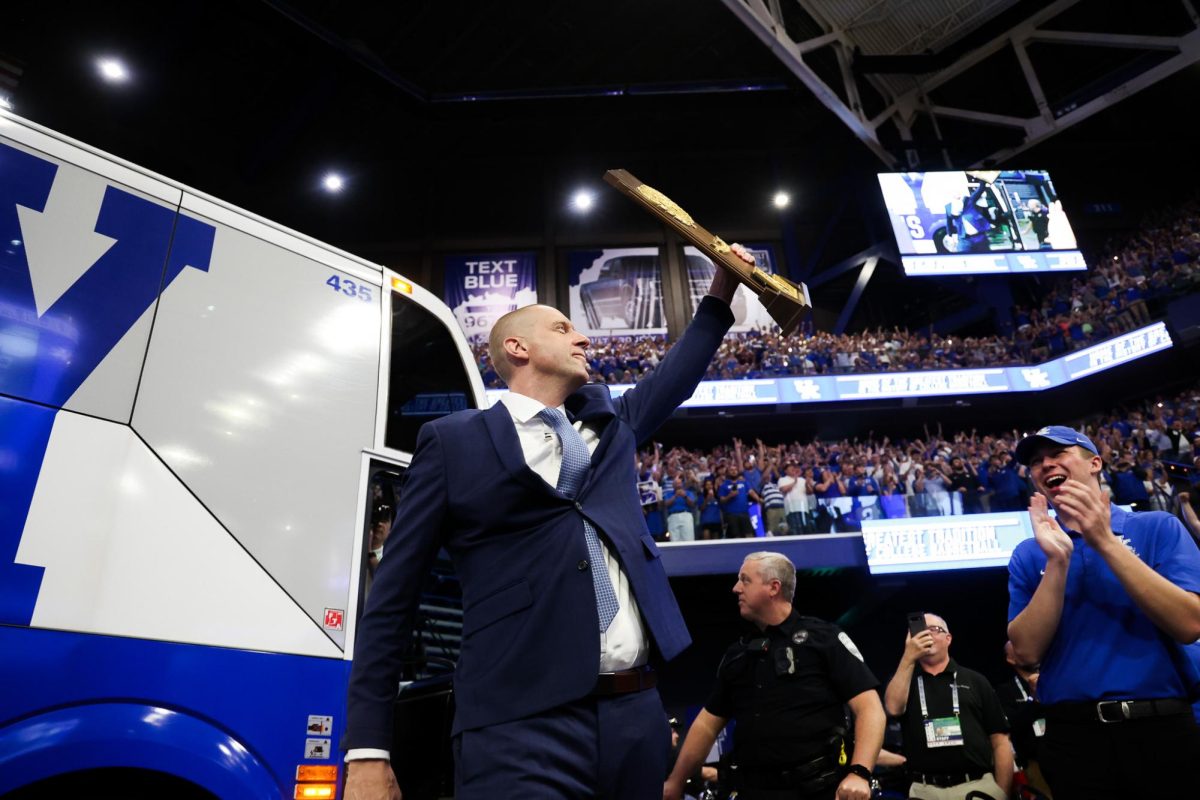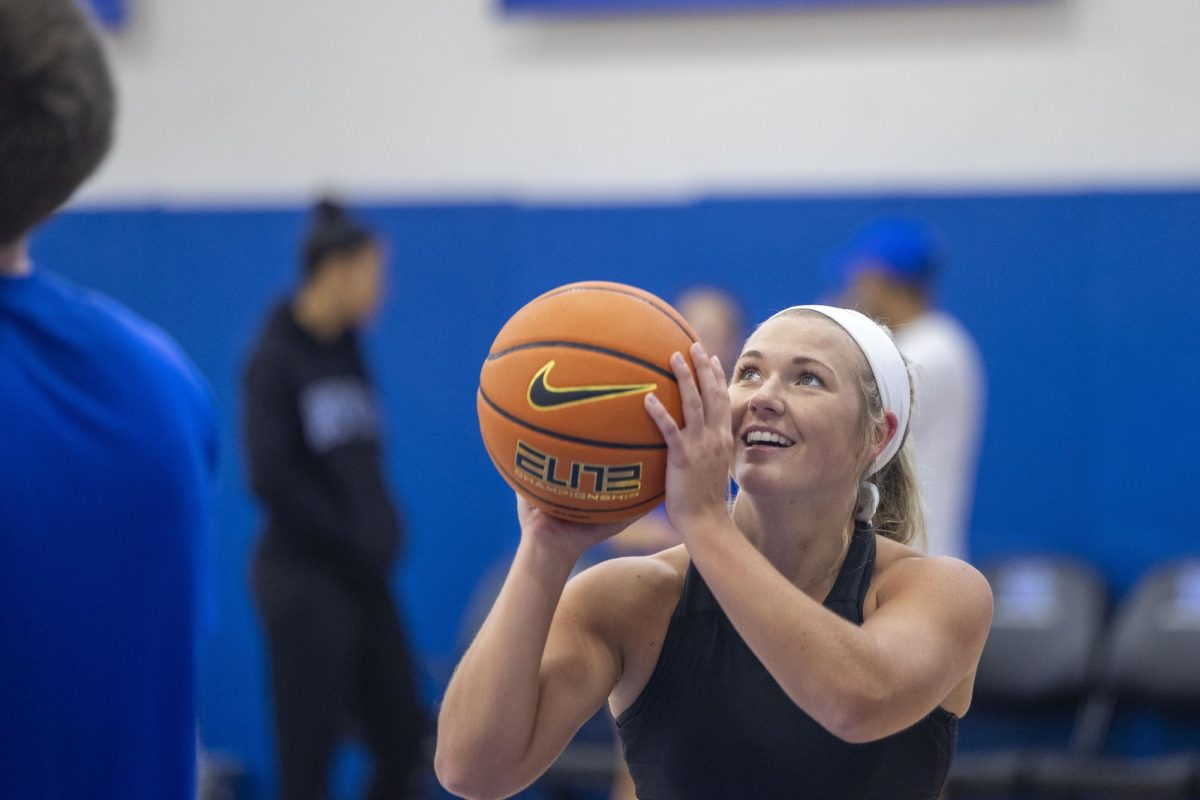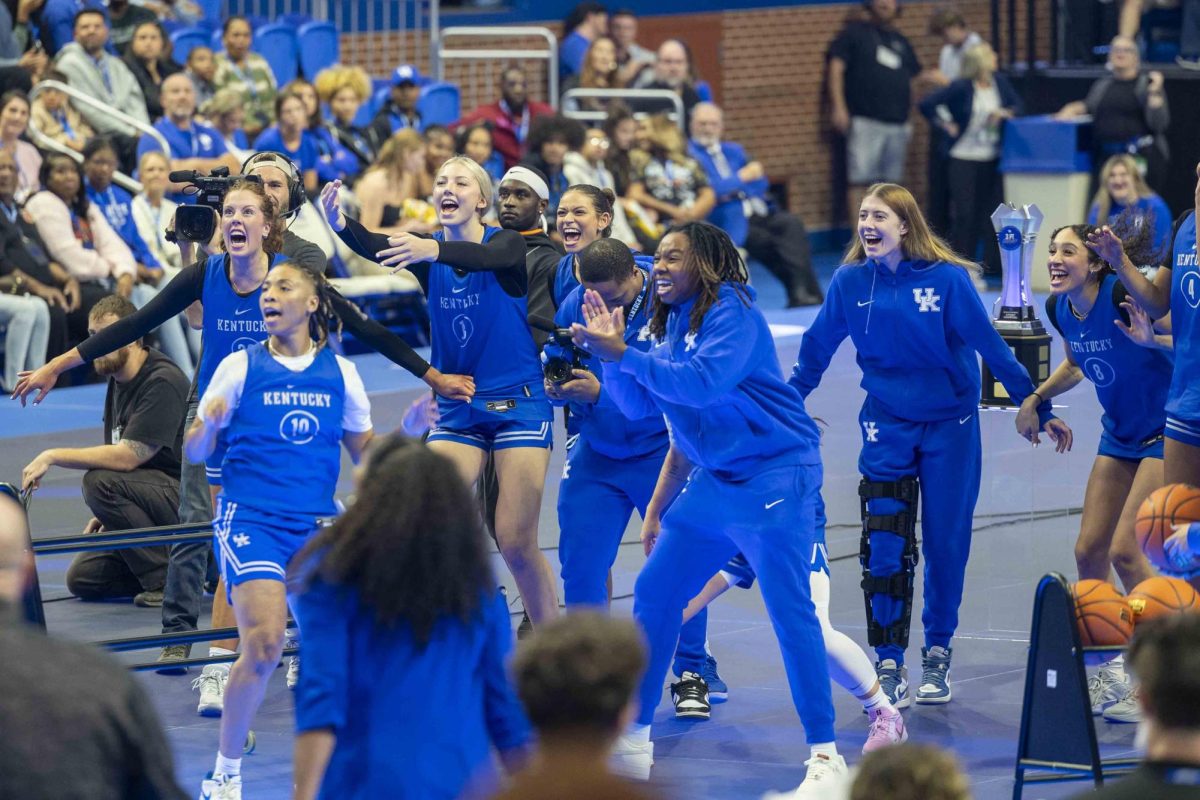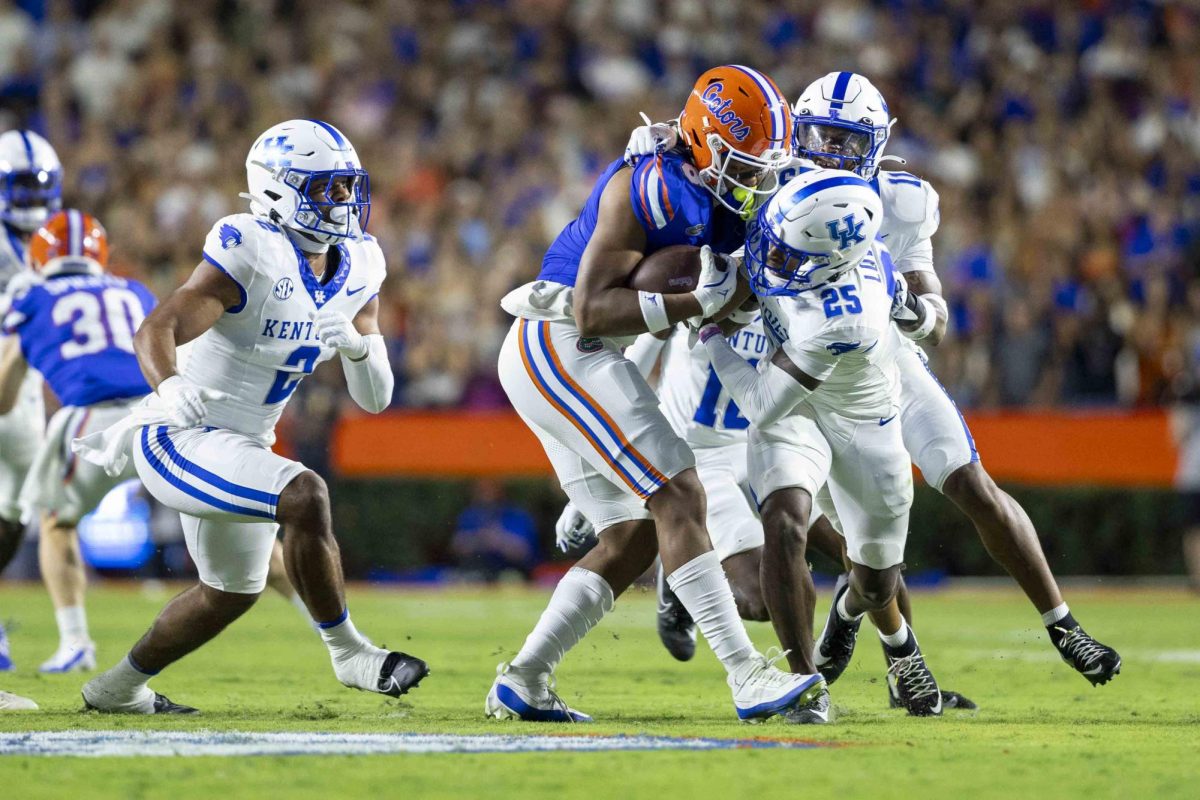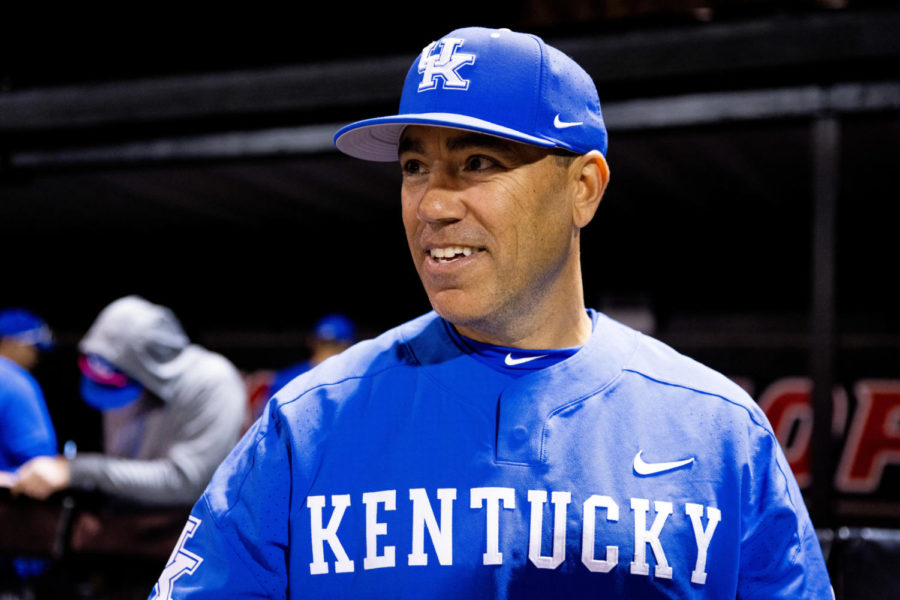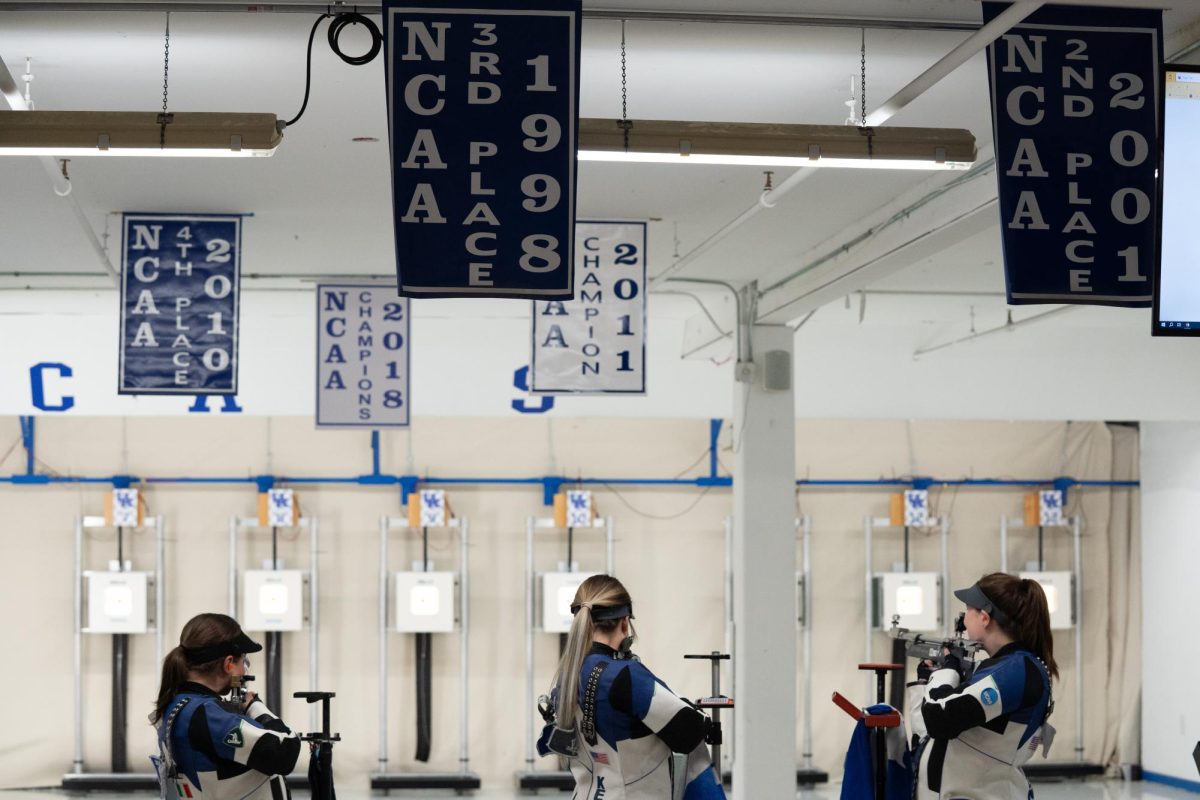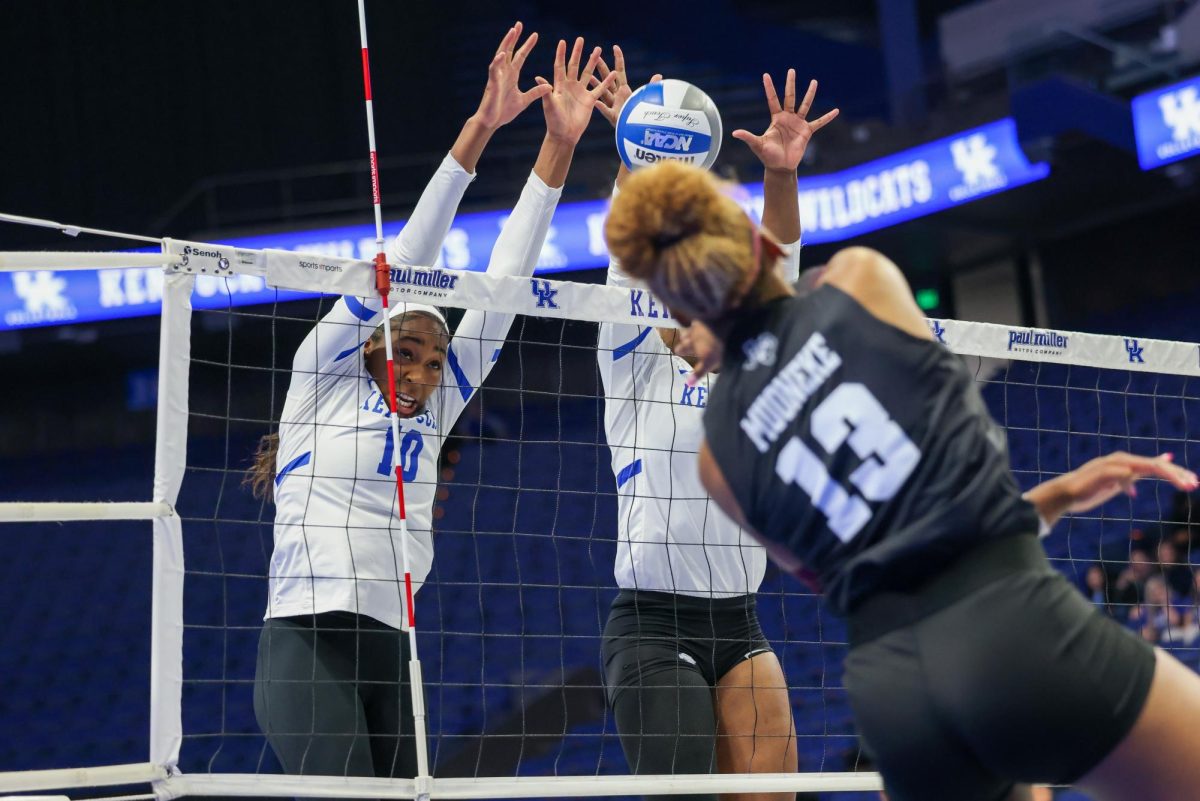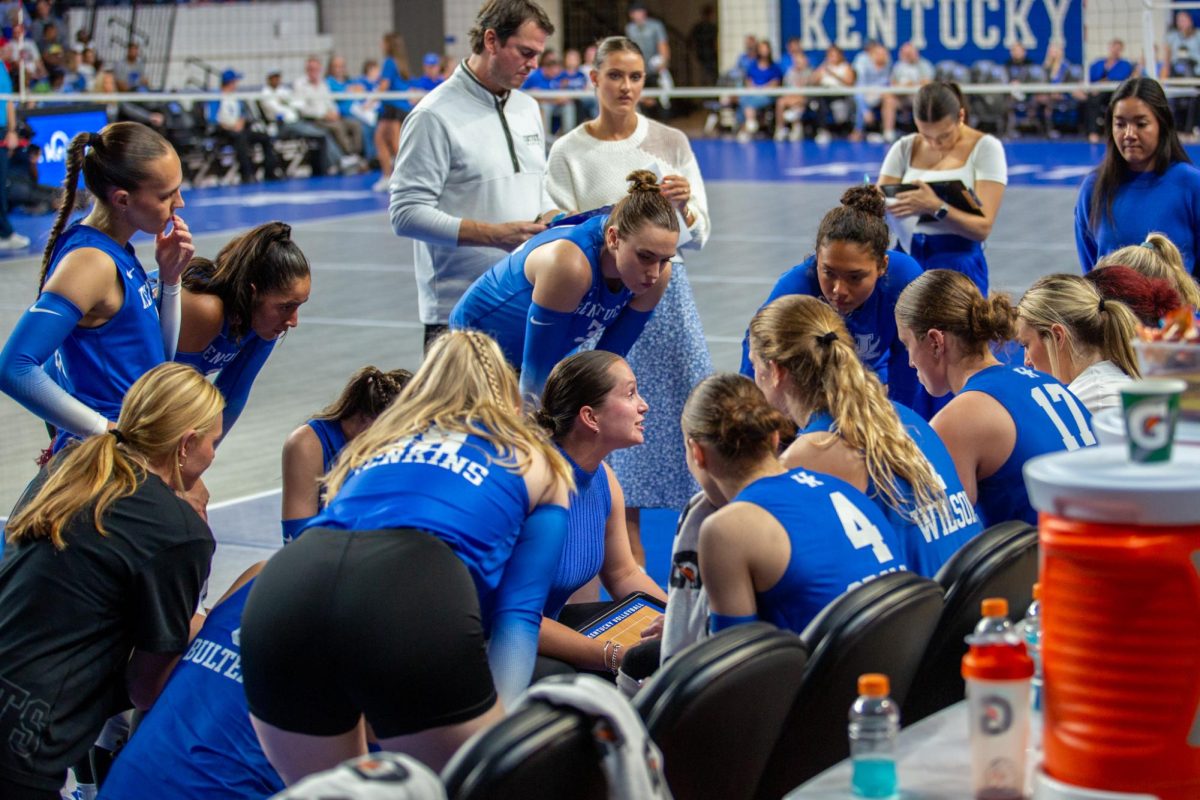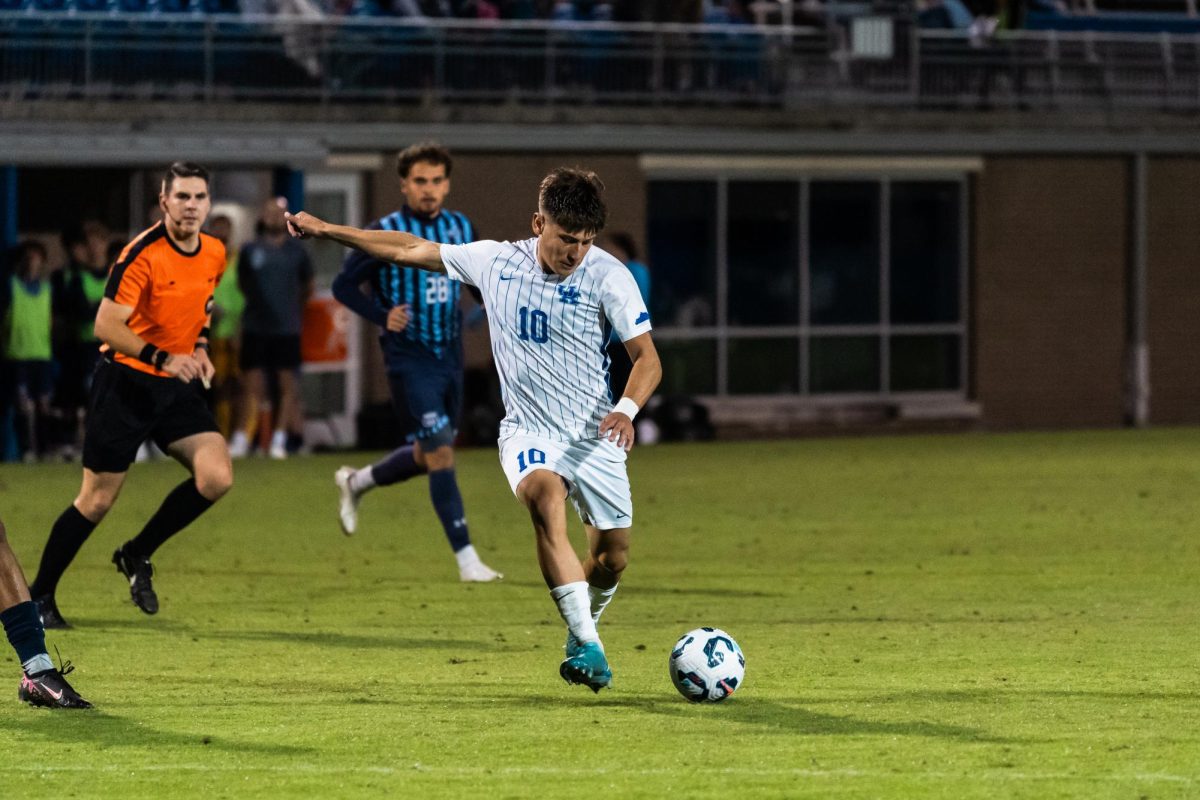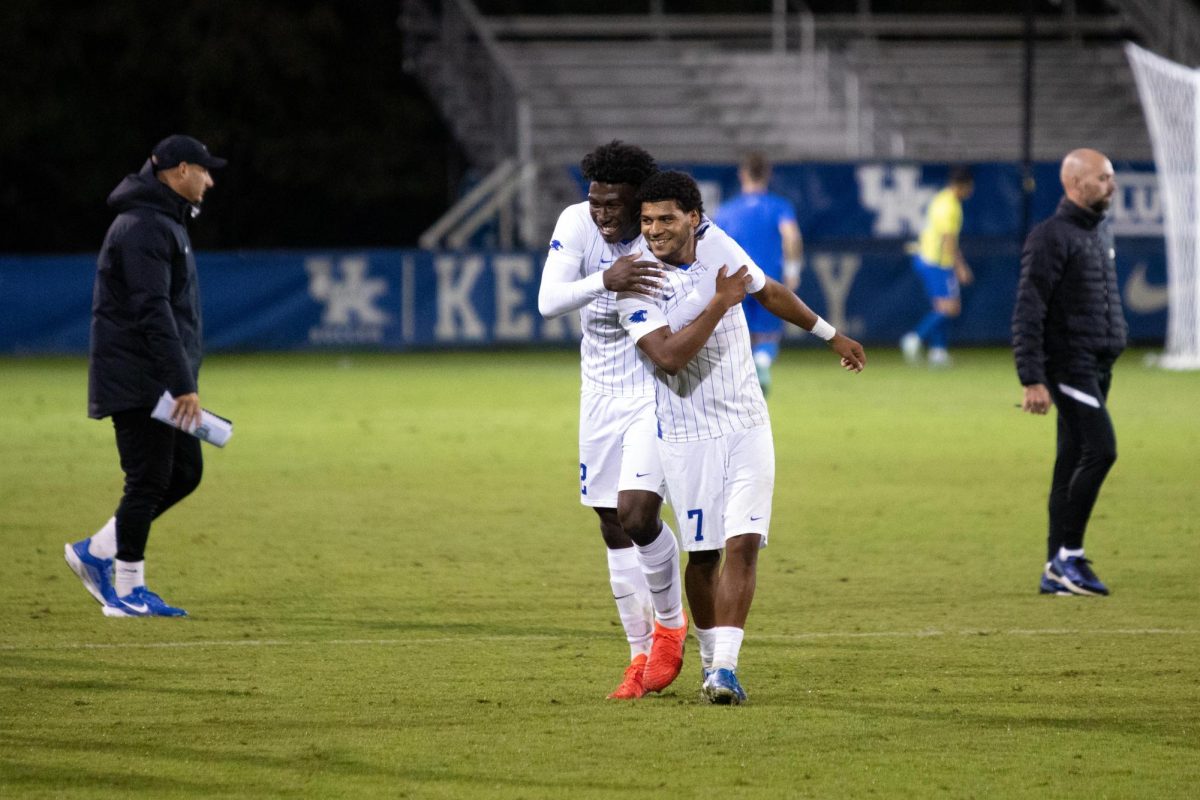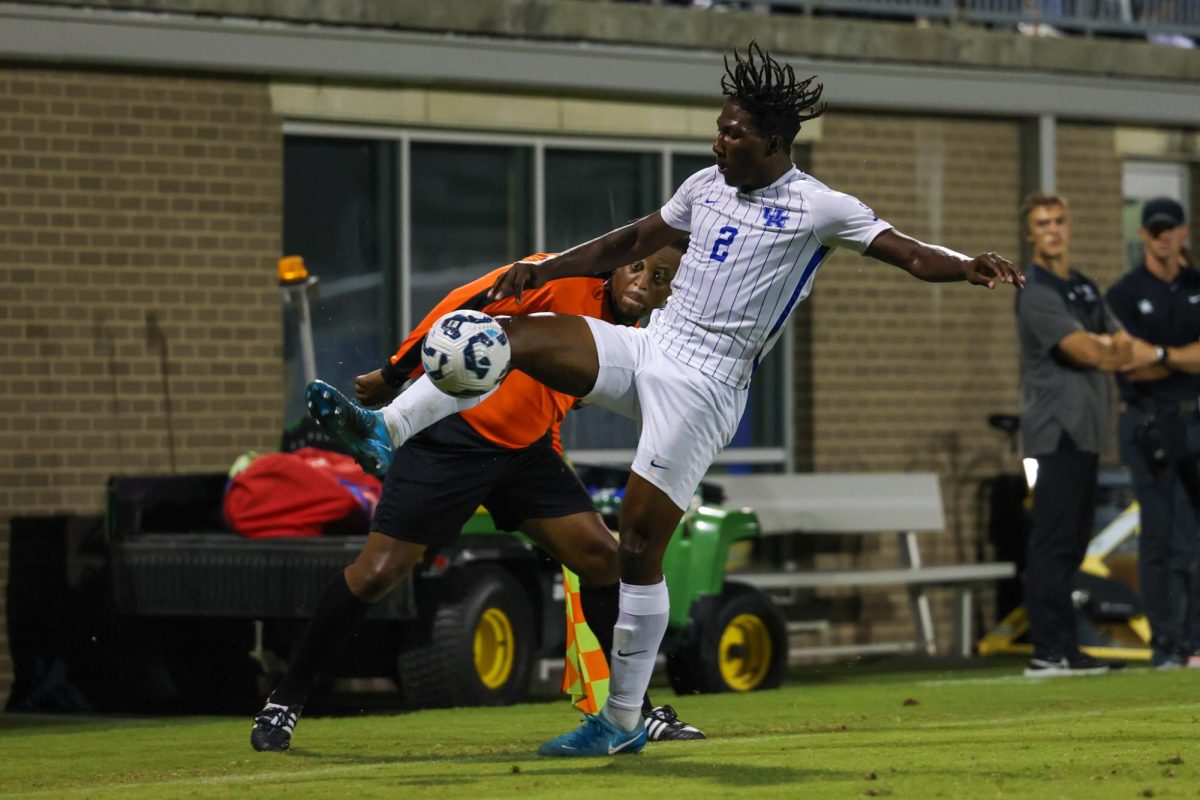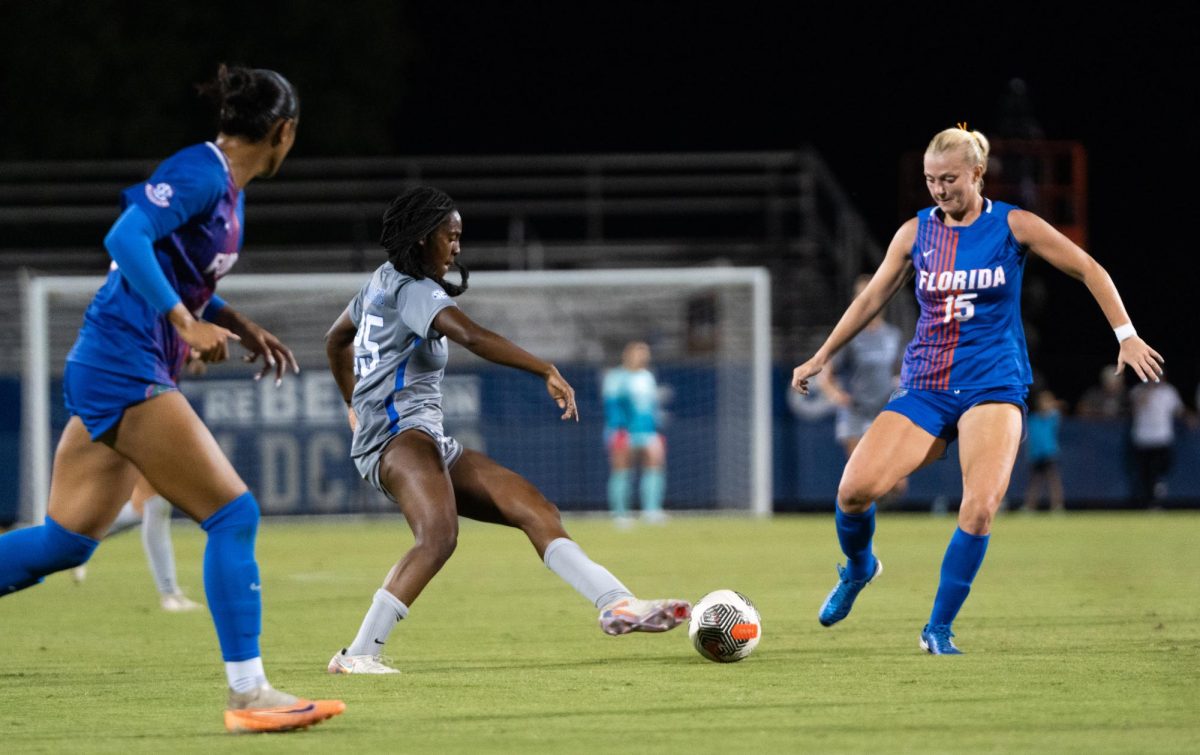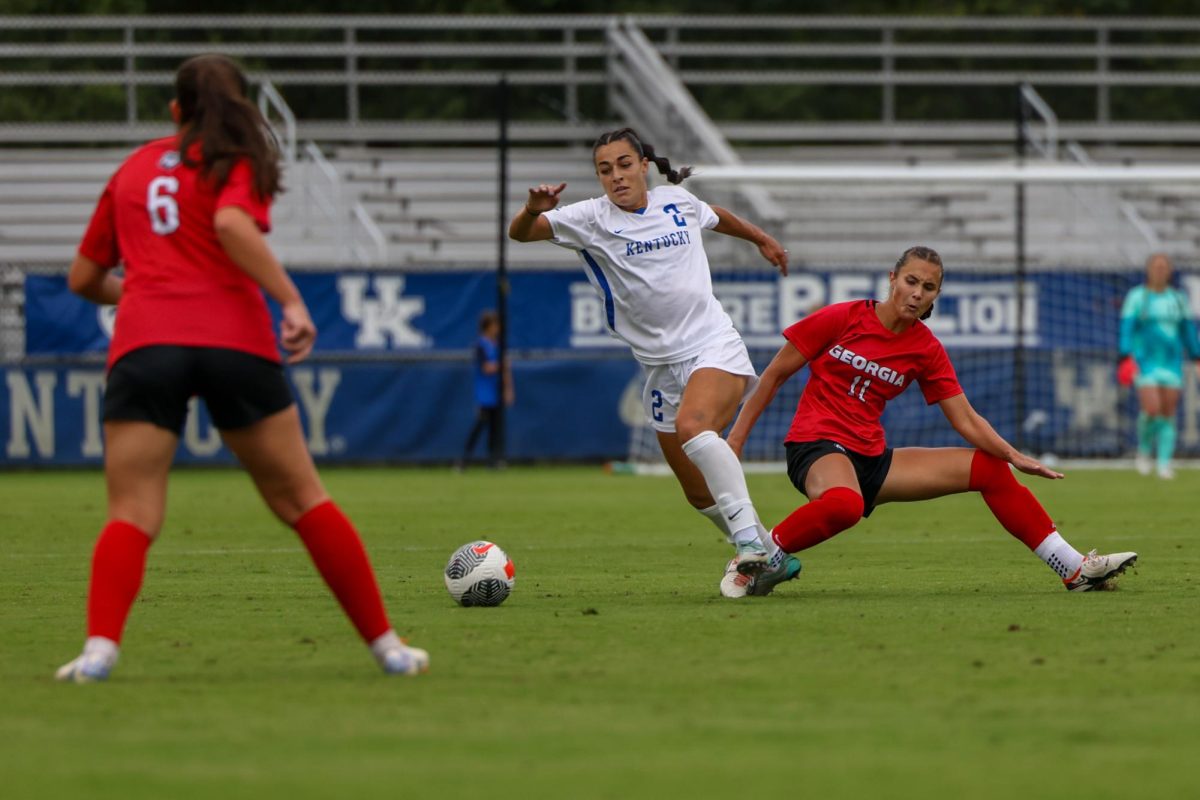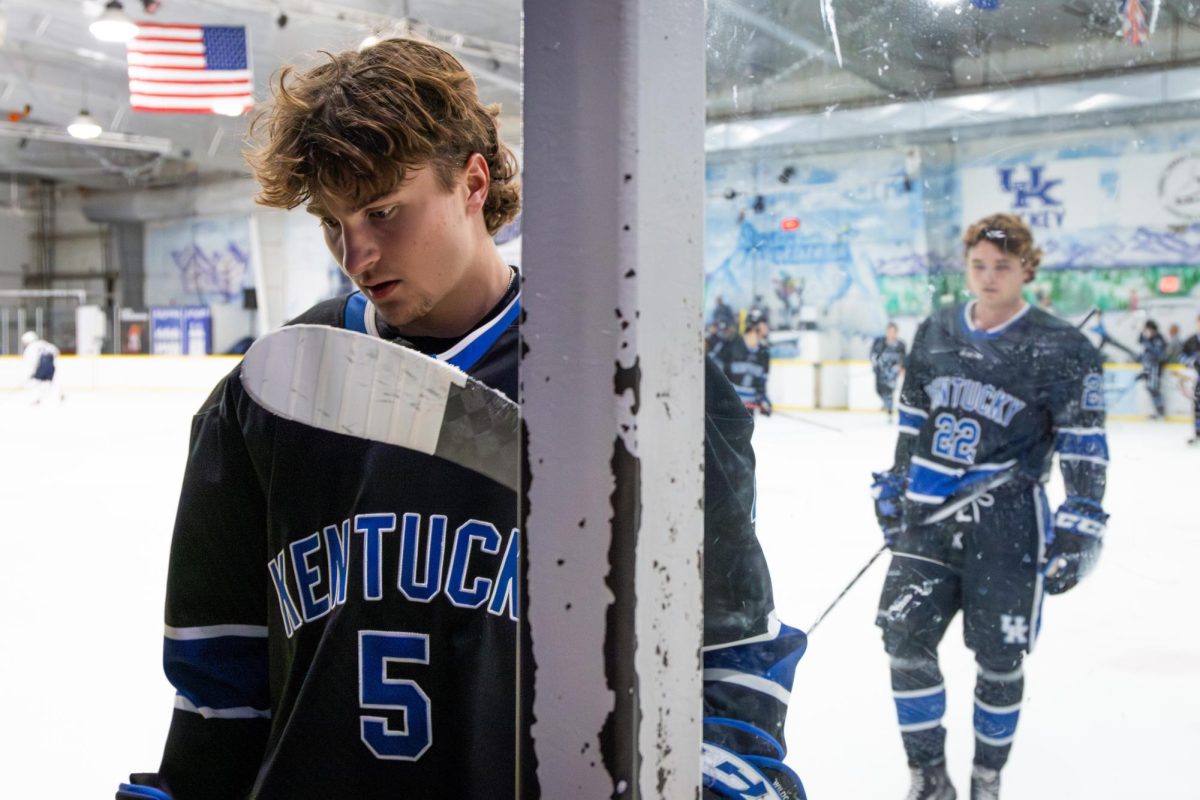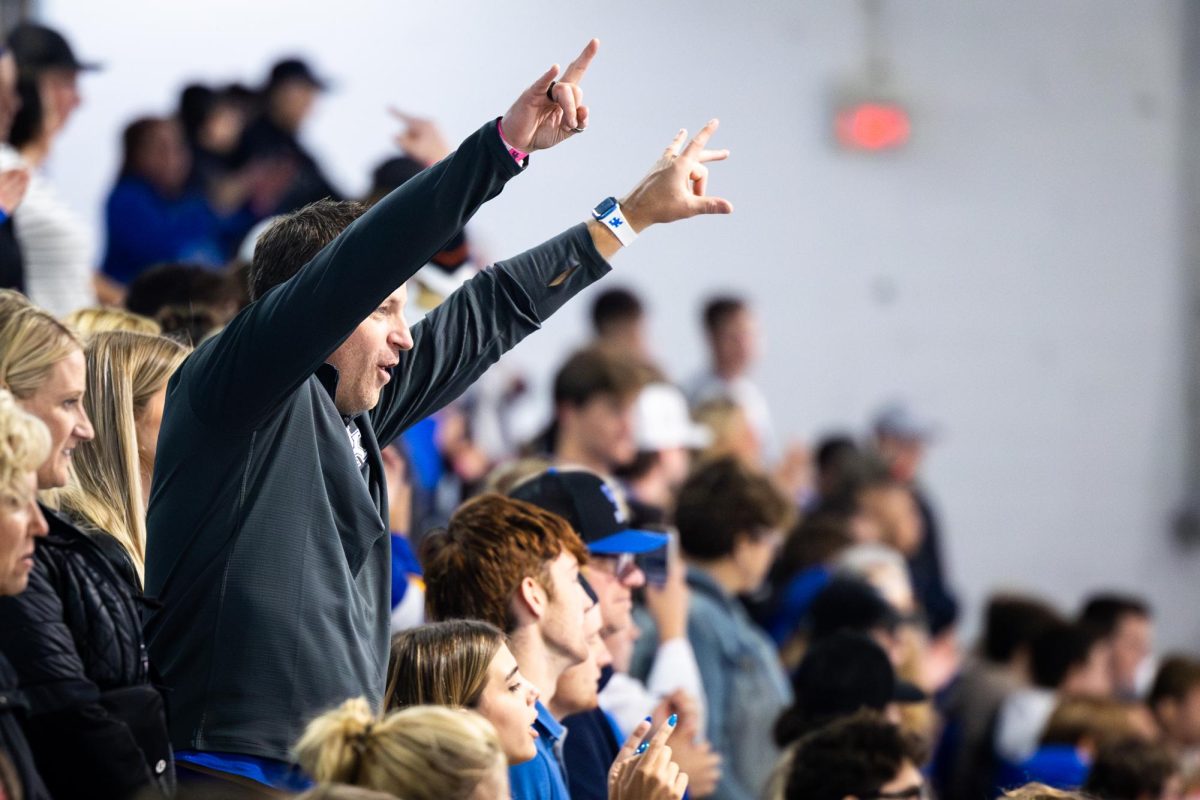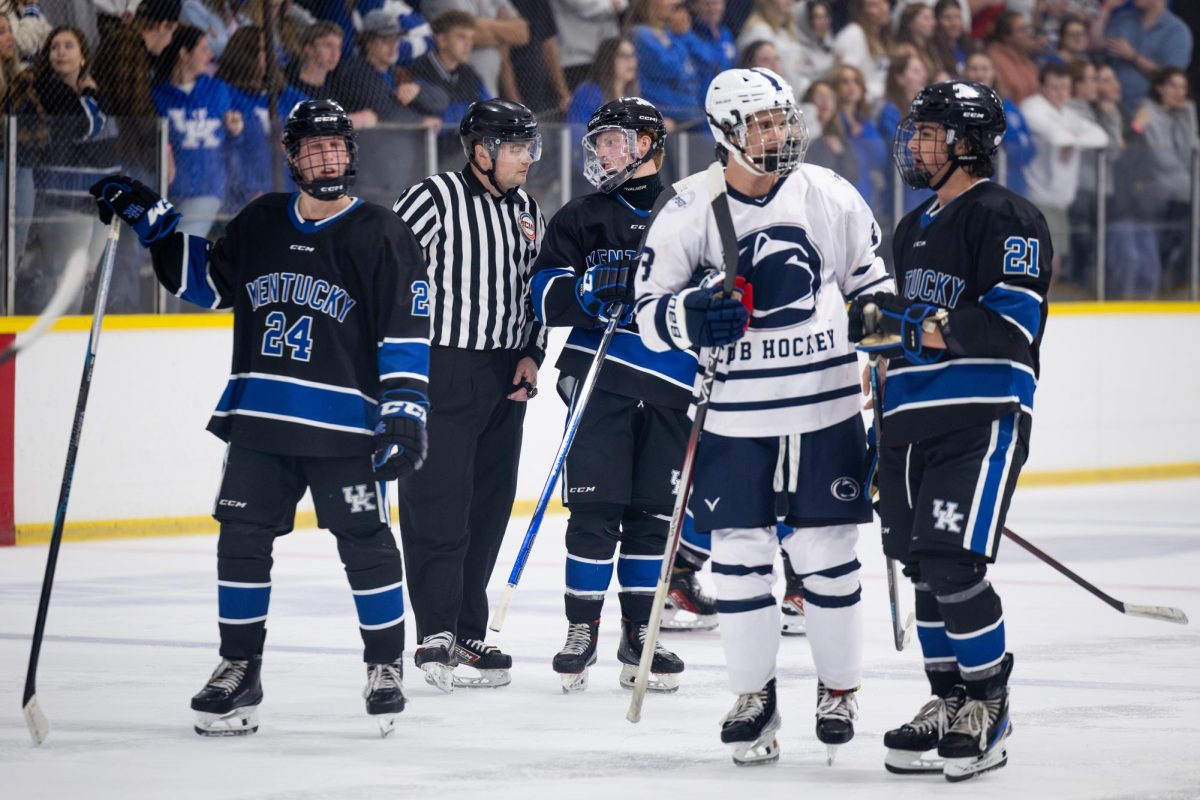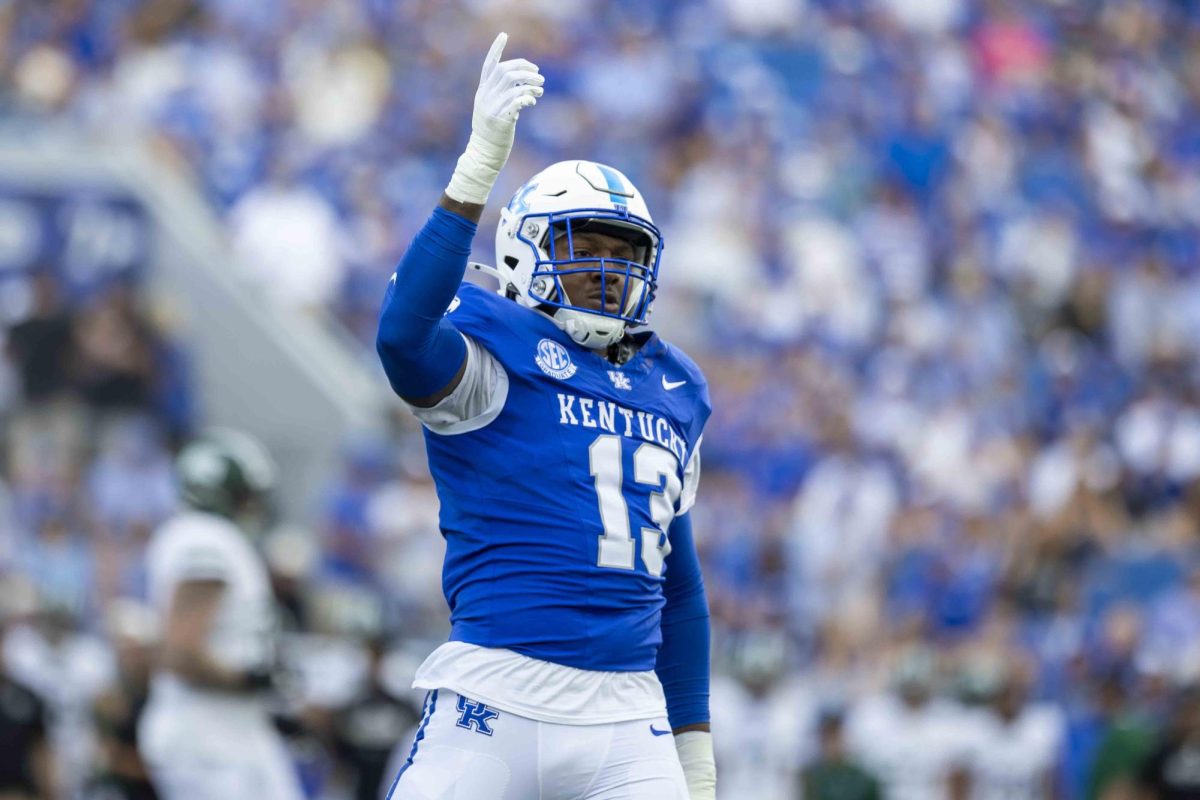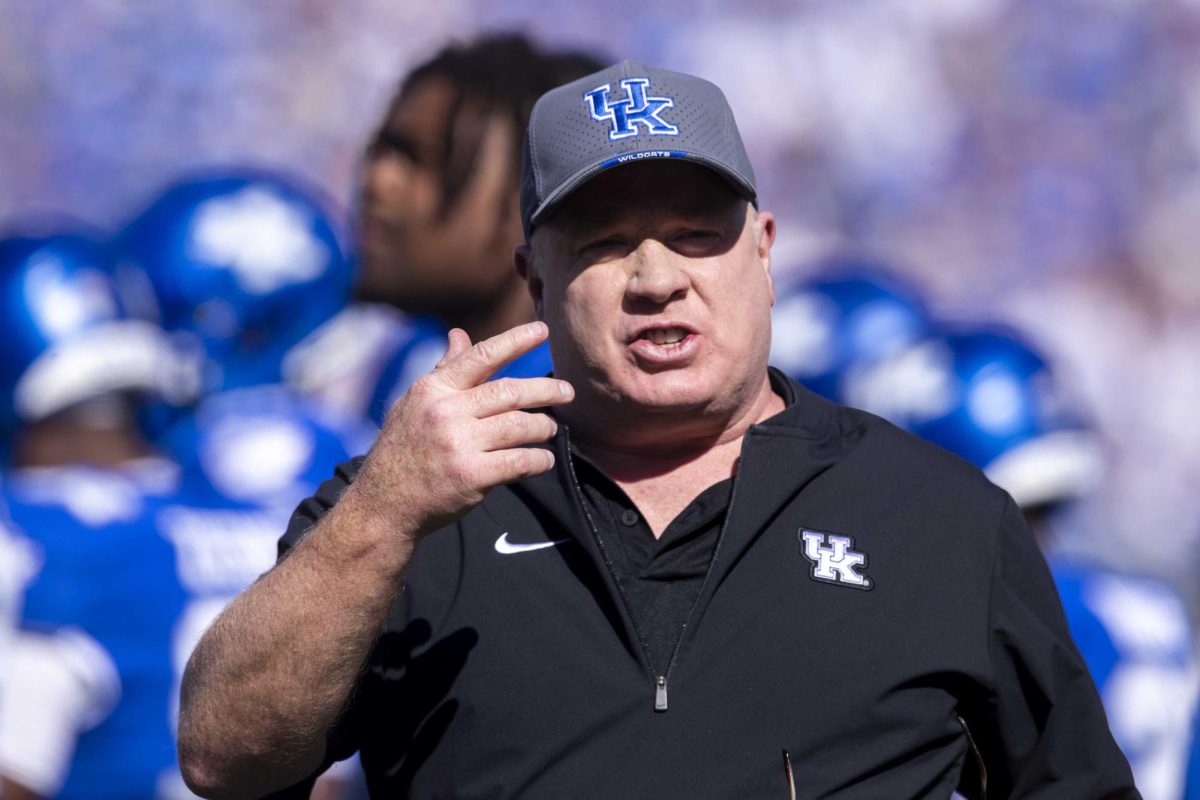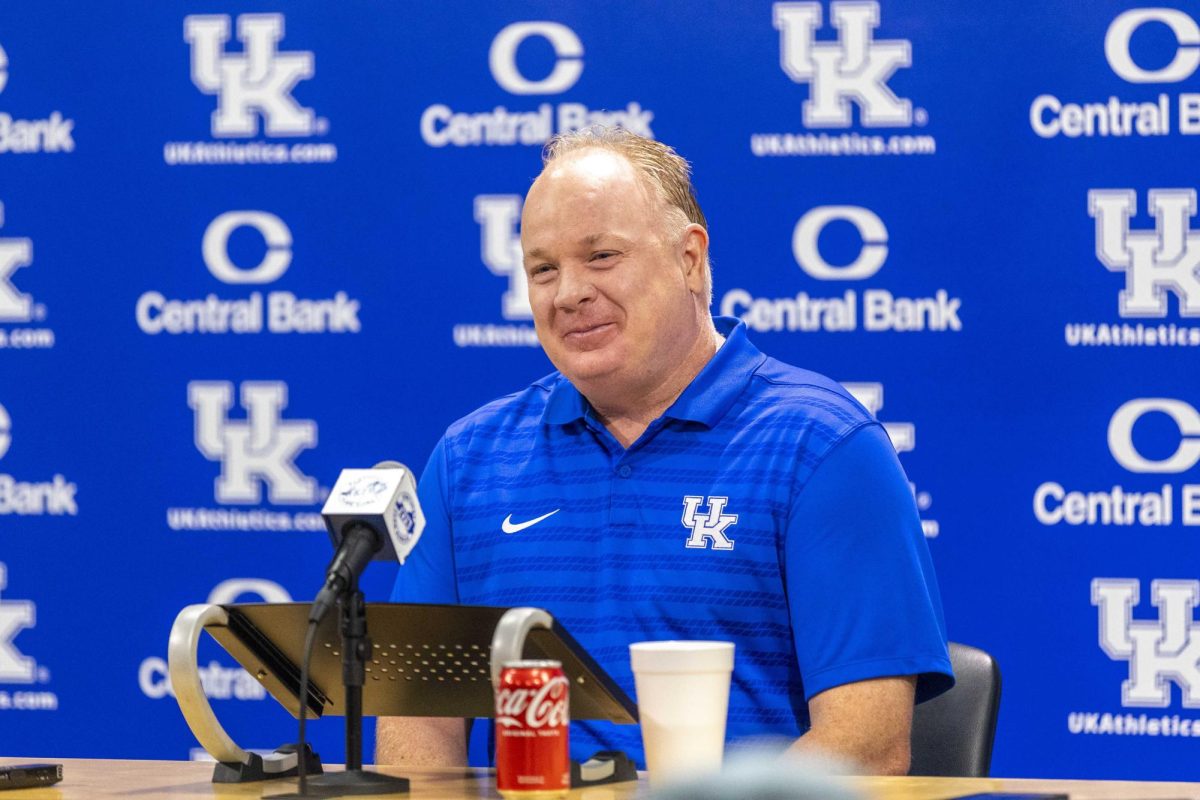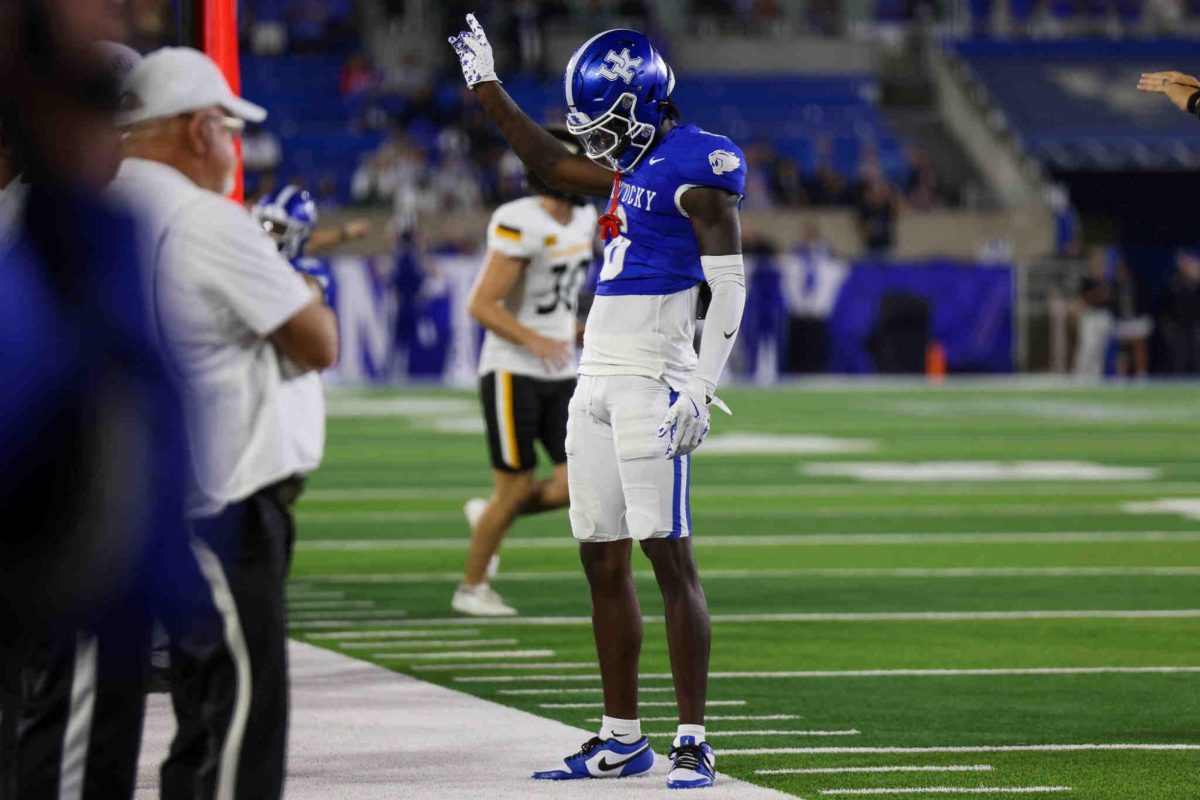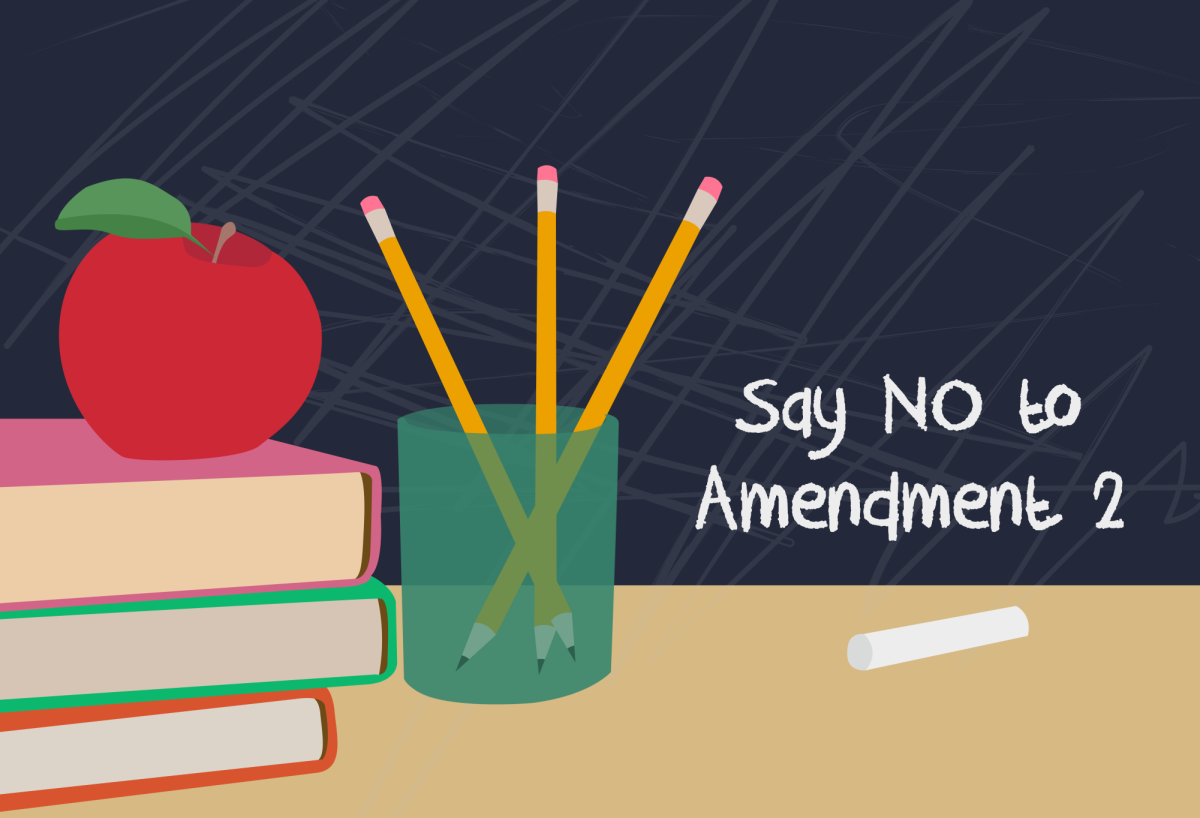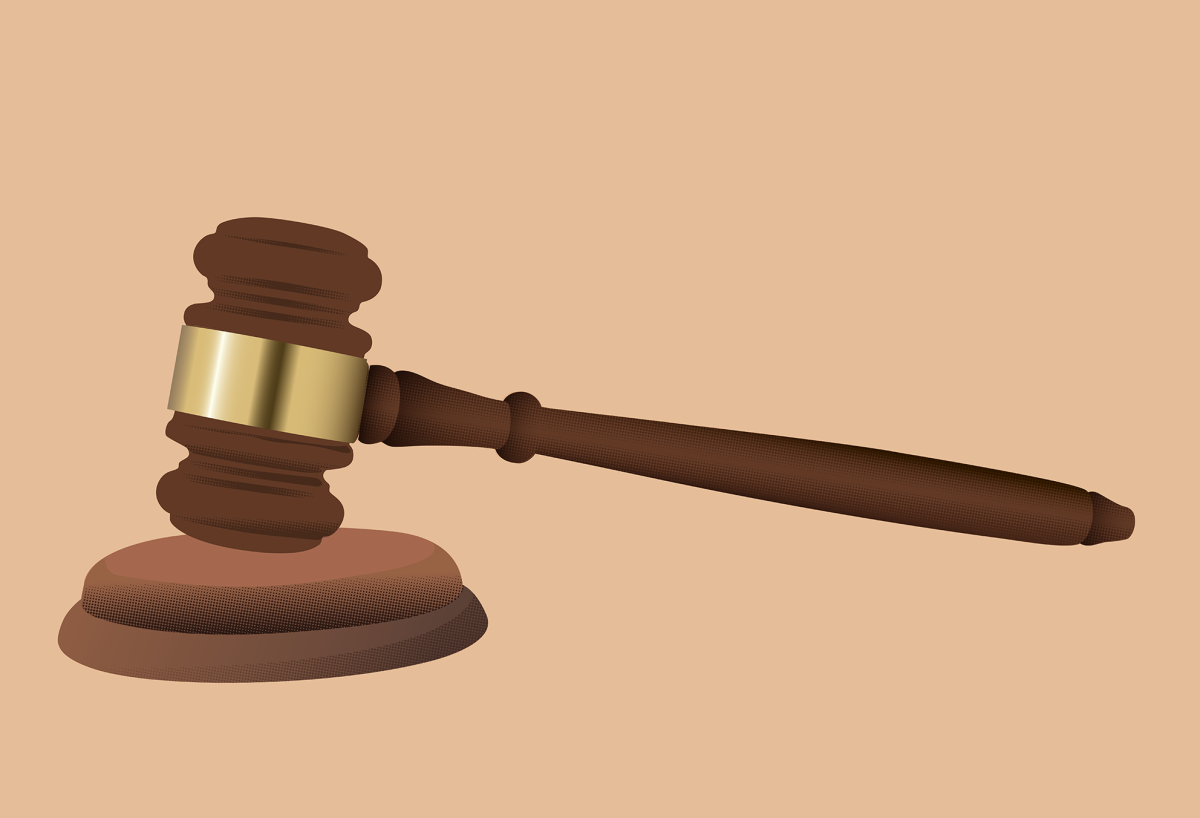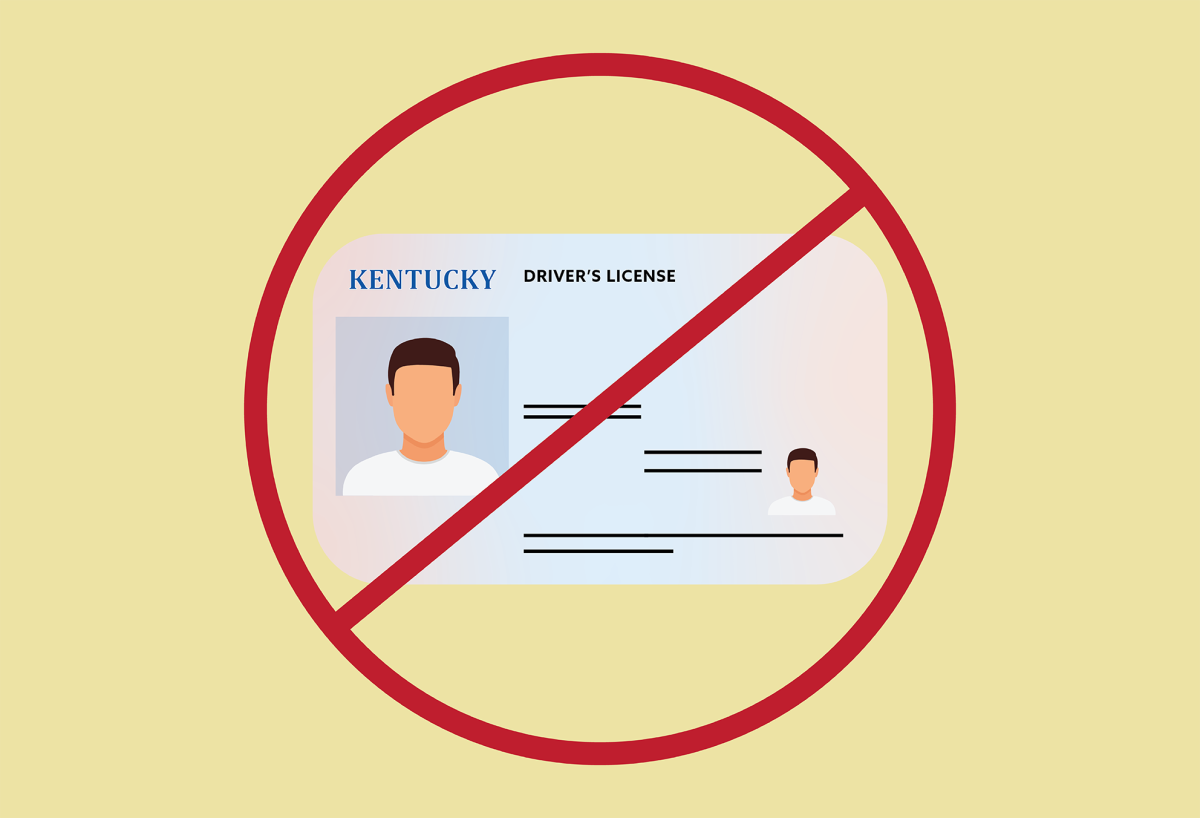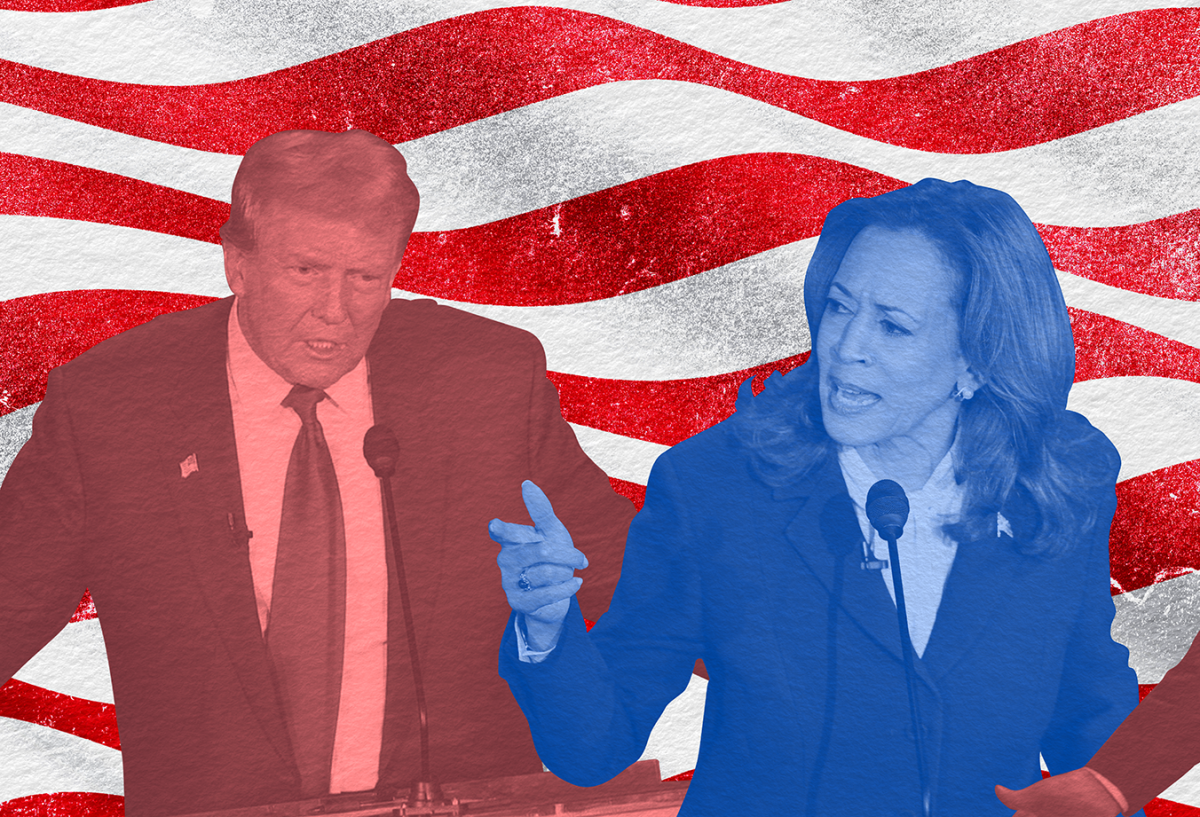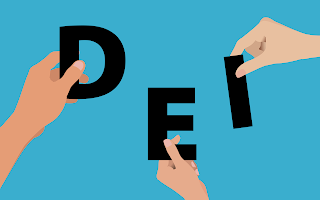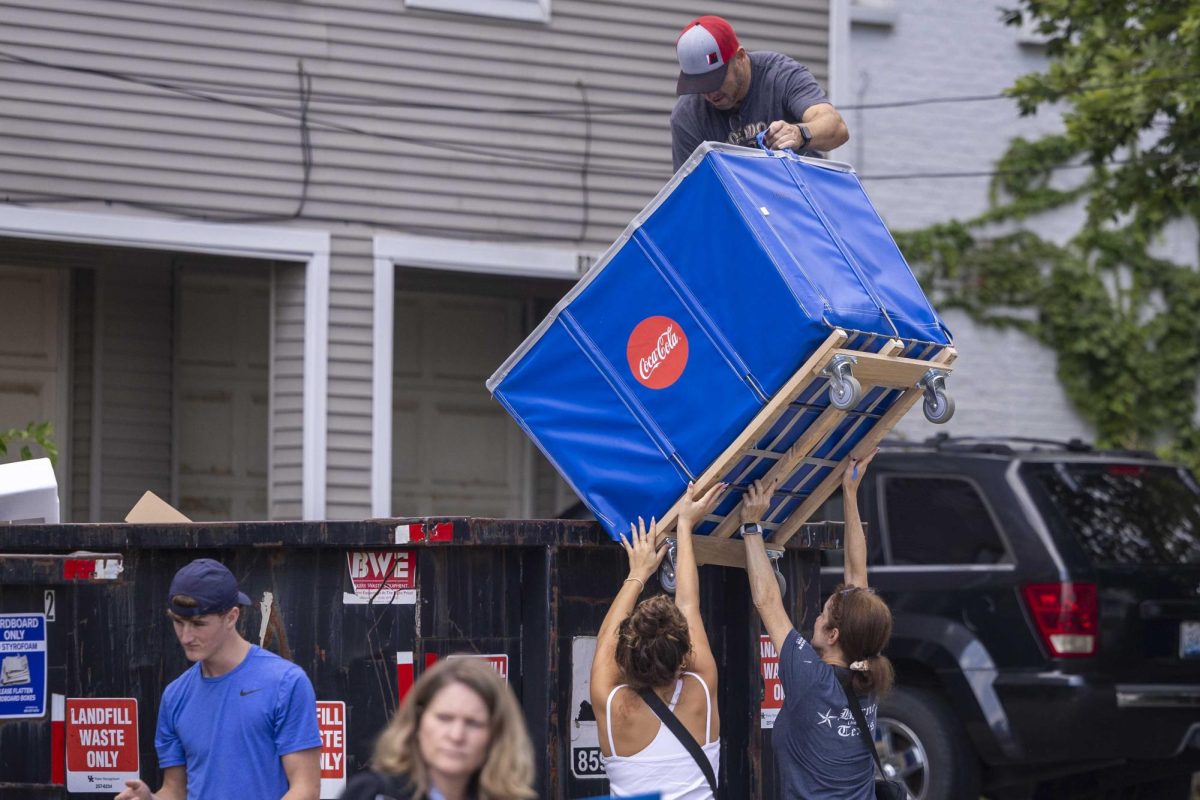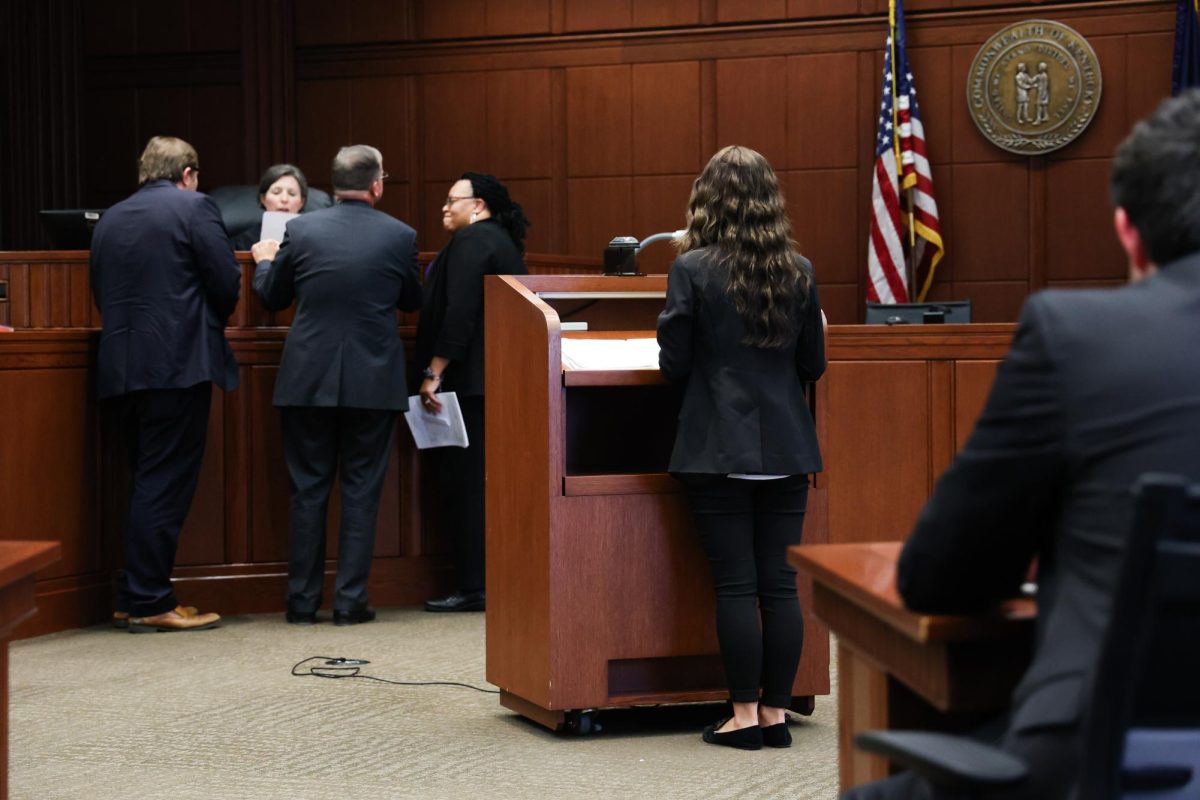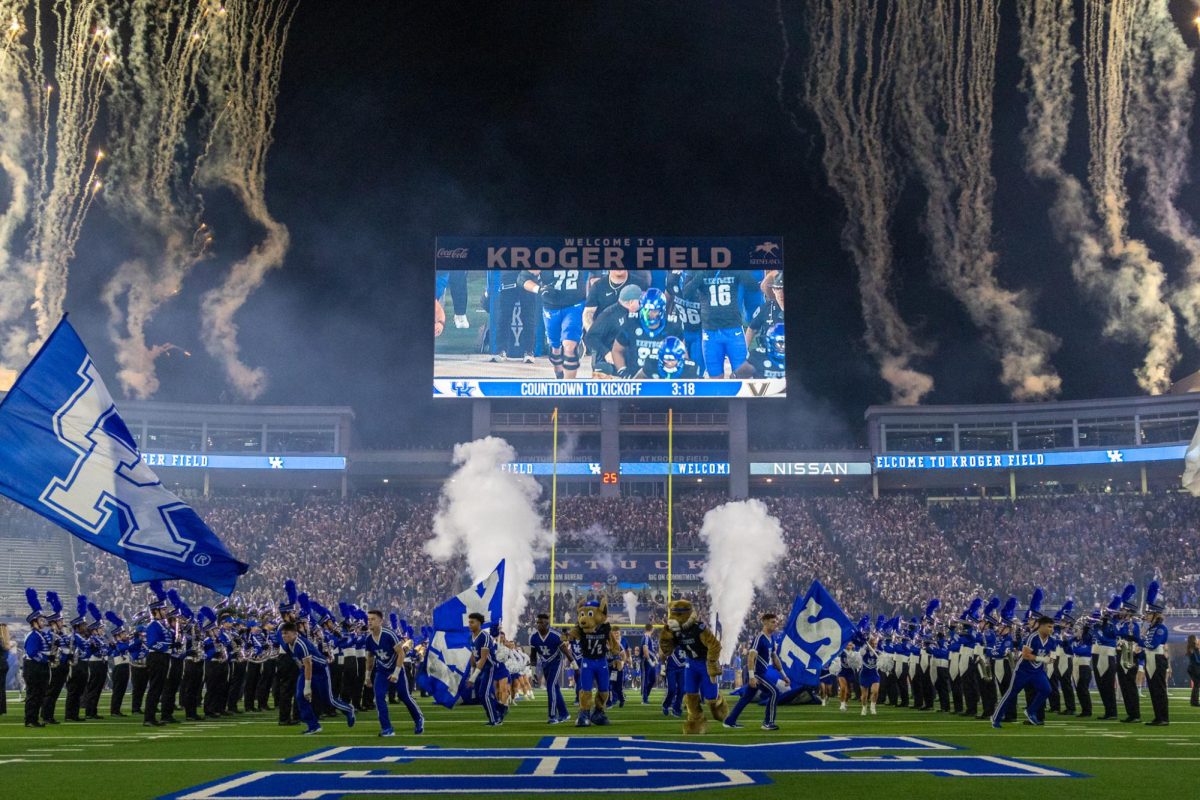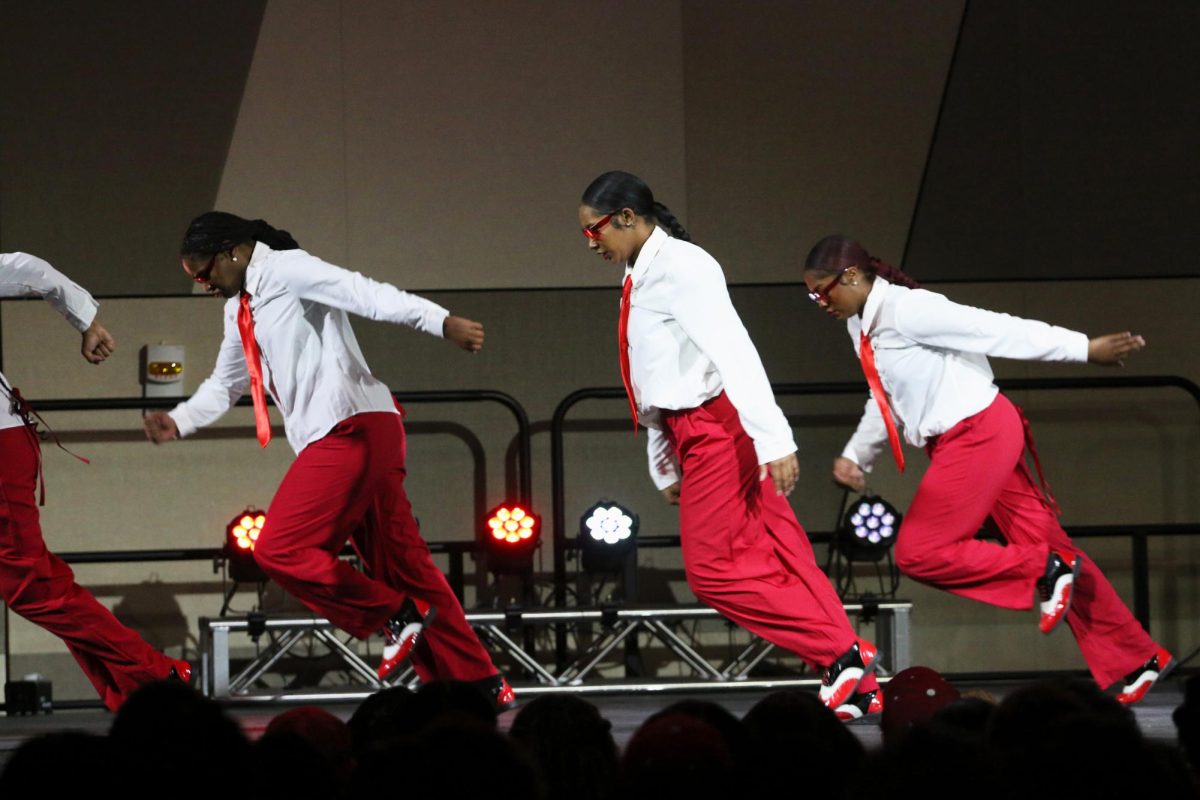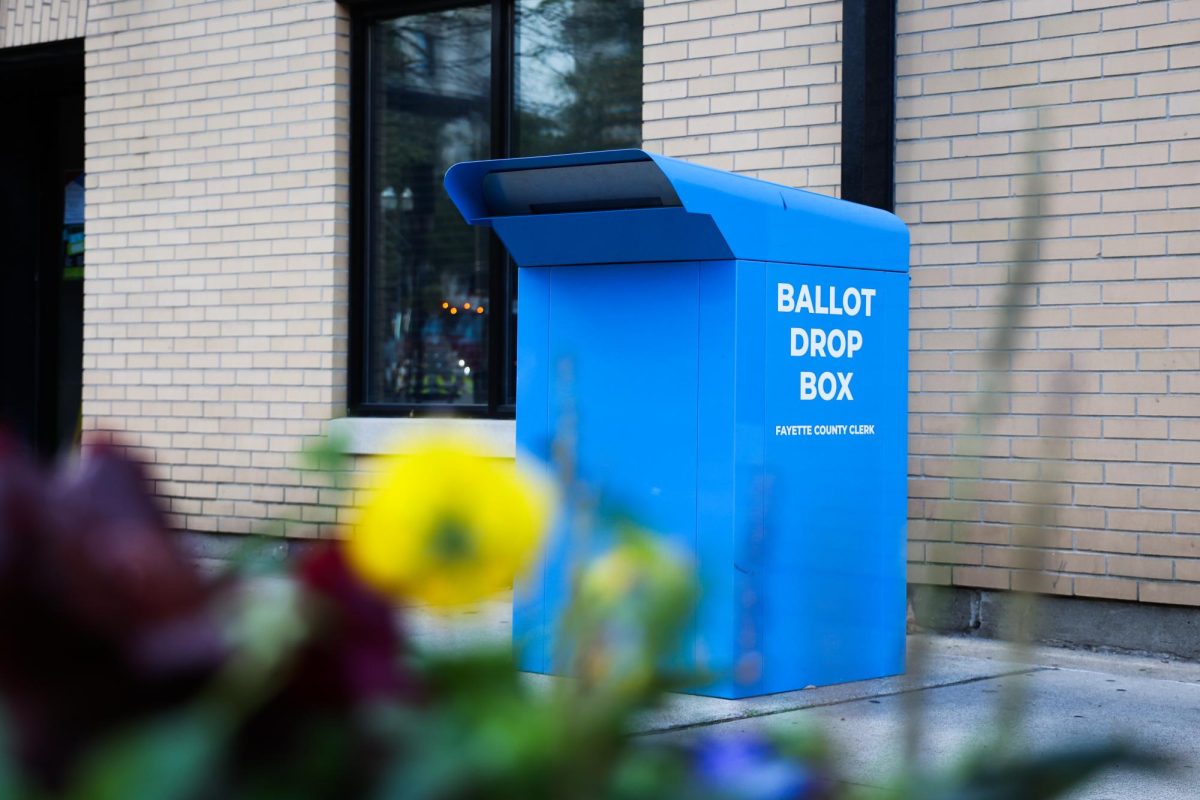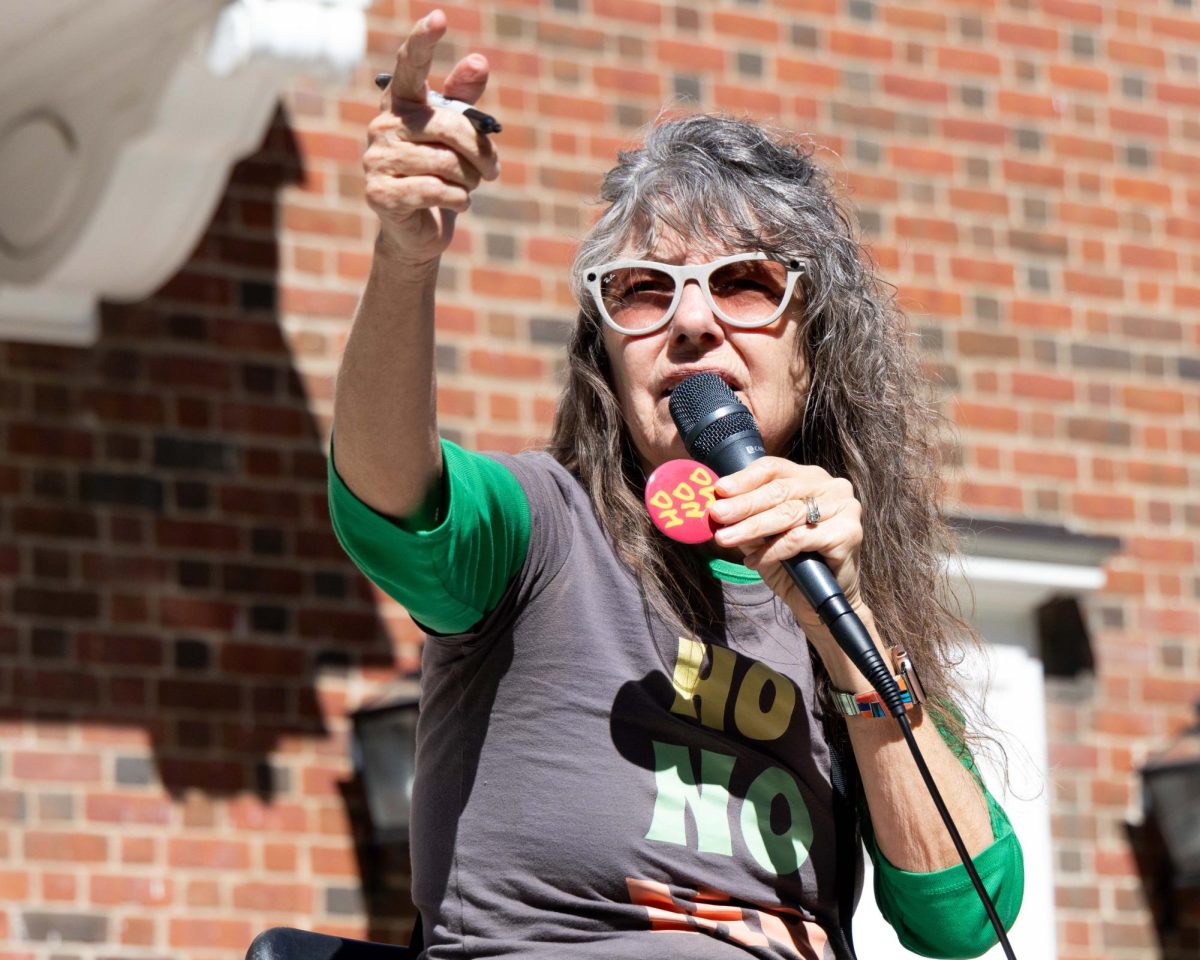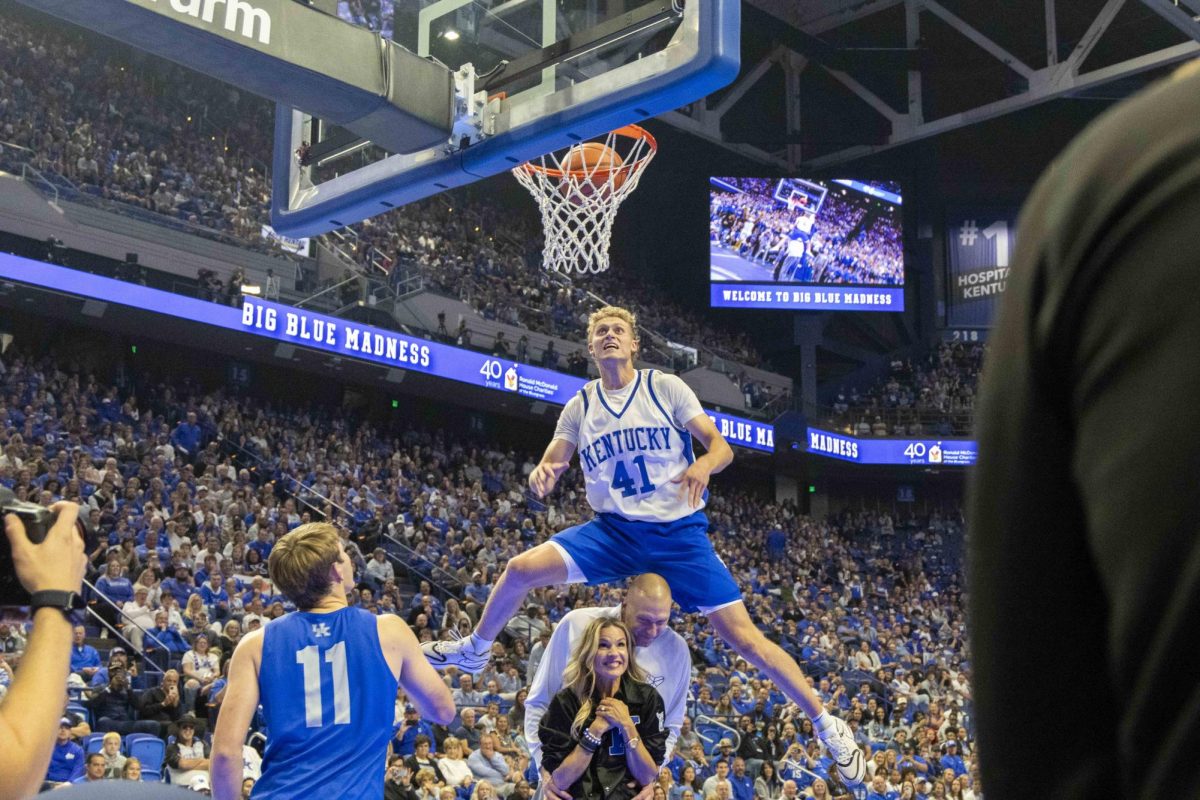Protect Kentucky’s youth with New Voice legislation
February 27, 2016
The Kentucky Kernel operates without any worry of censorship from President Eli Capilouto or the state of Kentucky. This sense of freedom and independence within the Kernel and other college newspapers could easily be taken for granted, and could be the eventual demise of these publications.
With no legislation specifically protecting student journalists, court cases including Hazelwood School District v. Kuhlmeier — which gave high schools the ability to impose prior restraint on school-sponsored papers – give governments too much power to censor.
States across the country are creating laws to protect student publications, which give young people a platform to voice concerns about their universities, local governments and each other.
Steven Listopad, an assistant professor and student media director at Valley City State University in North Dakota, called the creation of the bills a “movement,” and is hoping to inspire students across the country to take action.
Students in his civic and citizen journalism class in 2013 created the legislation that started it all, a billed known as the John Wall New Voices Act. It was intended to protect public universities, to restore first amendment rights to high school journalists, and to expand rights for private colleges.
The John Wall New Voices Act succeeded in restoring rights for high school journalists and protecting public universities.
The bill was passed unanimously in a notoriously conservative state and has inspired students in other states to create legislation of their own.
It is time for Kentucky to do the same.
These bills do not just protect blatant censorship from high schools and university presidents; they hold students accountable to each other.
“If they want to write a story about teen pregnancy, that might not make the school look good, so (the school would say), ‘We aren’t going to allow it.’ All that does is force those conversations, if they’re going to happen at all, into the crevasses and dark spaces of the Internet,” Listopad said.
Newspapers and other media outlets not only provide a voice for students, they allow students to hold each other accountable.
Bad ideas published in a newspaper or on a student television program can be countered by other students. Social media and Internet forums, on the other hand, can be anonymous and the conversations can spiral out of control.
Frank Lomonte, executive director of the Student Press Law Center, said he would be surprised if Kentucky did not start pushing for a New Voice law by 2017. The movement has hit Illinois, and will hopefully move to Kentucky after Illinois.
“Really what’s fueling it is schools and colleges themselves are learning to appreciate that censorship is futile and defeating,” Lomonte said. “As much as a school or college might be worried about taking a image hit in a newspaper, they realize the way people are talking on social media is a much bigger concern.”


